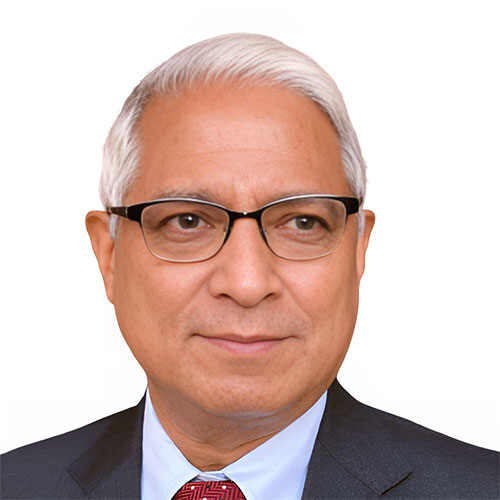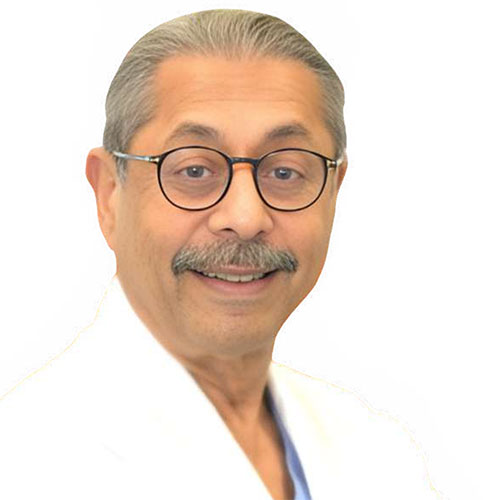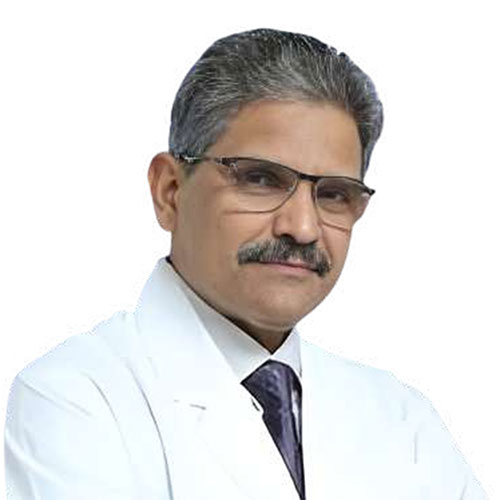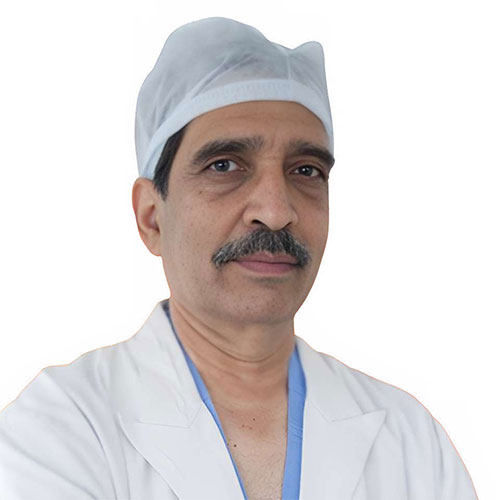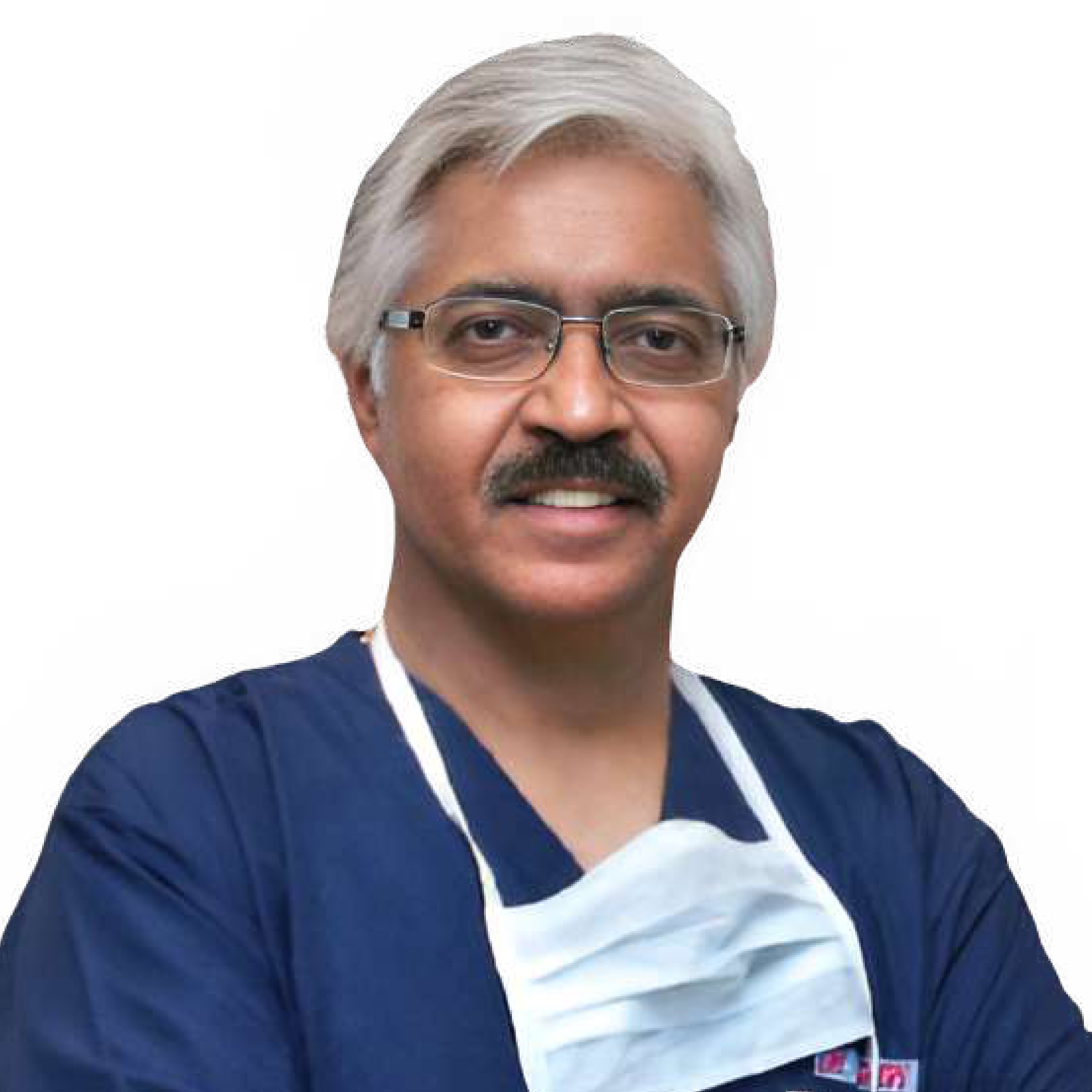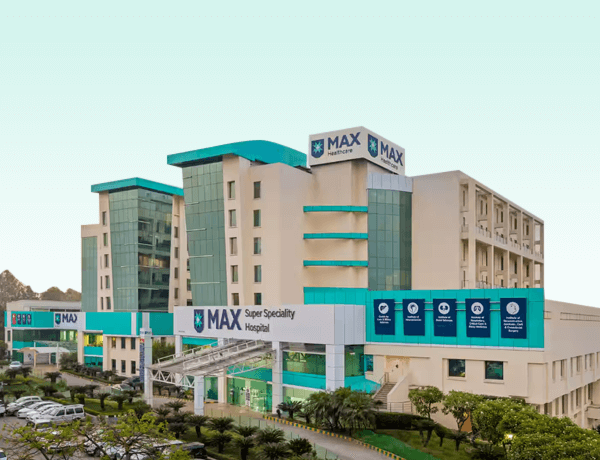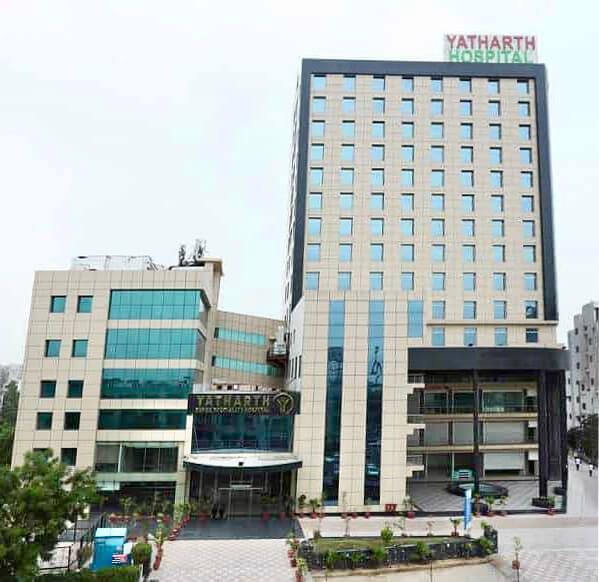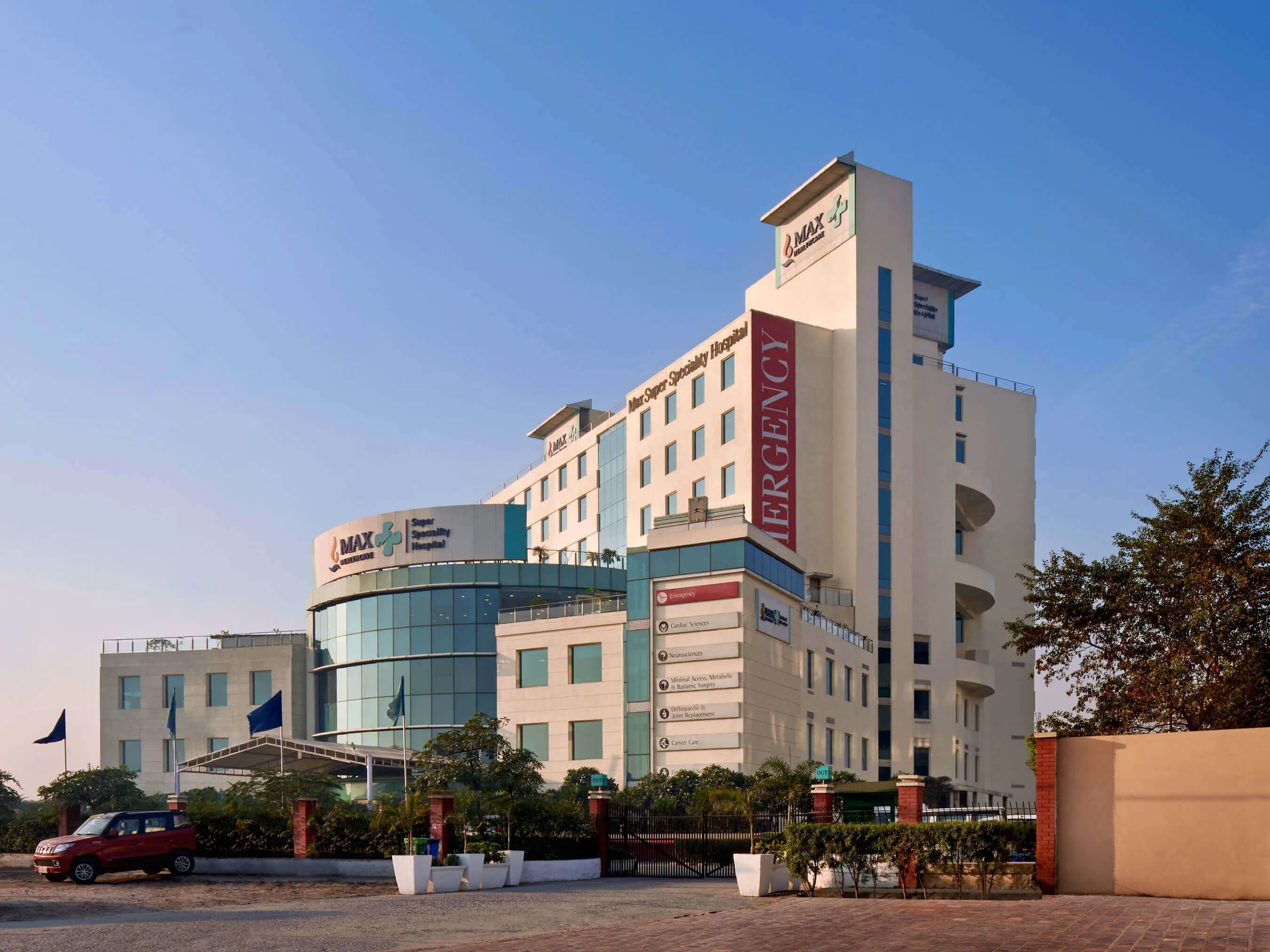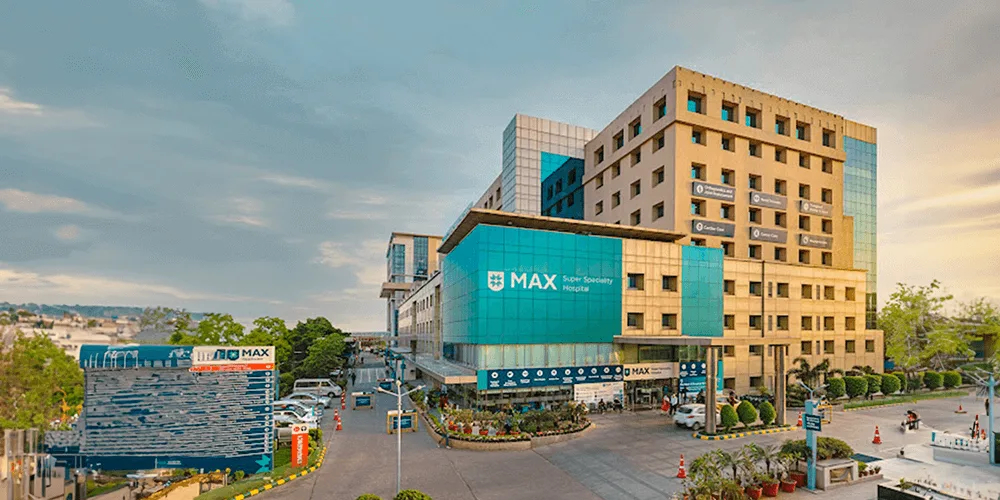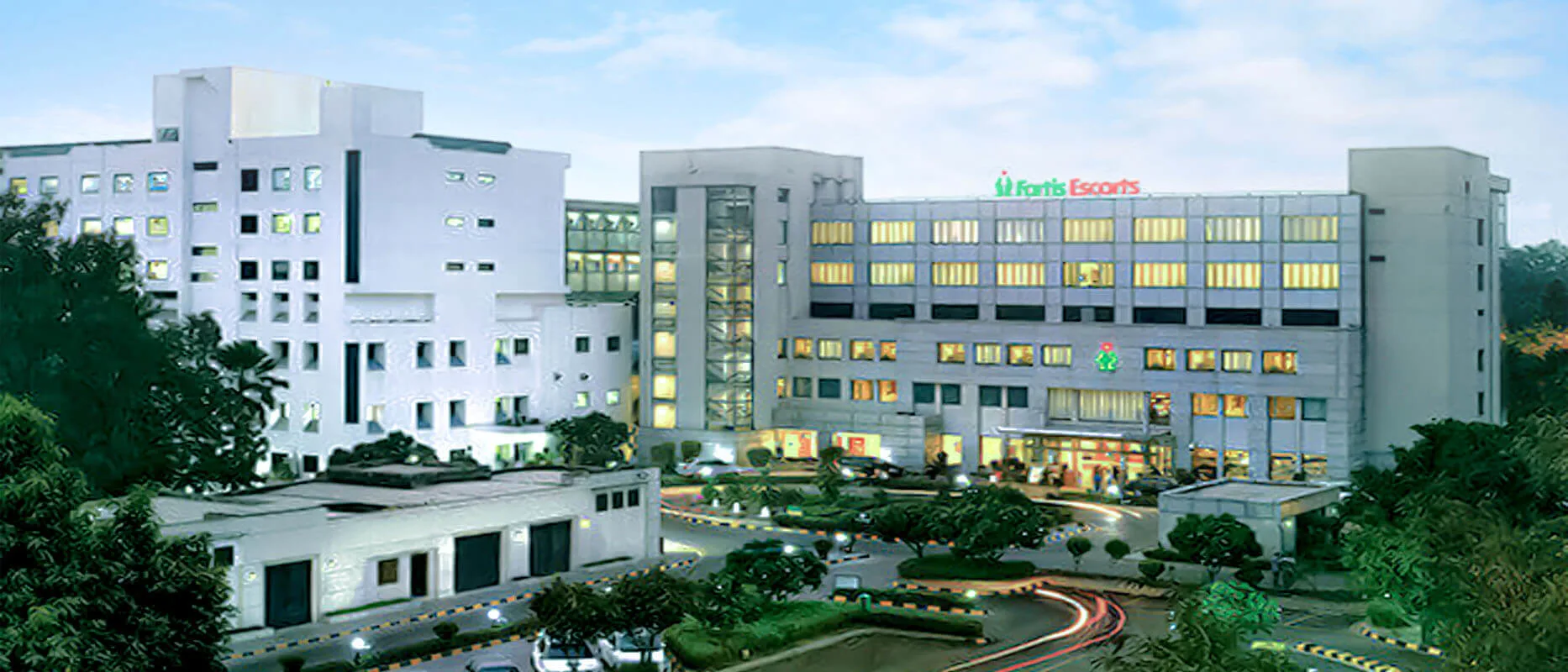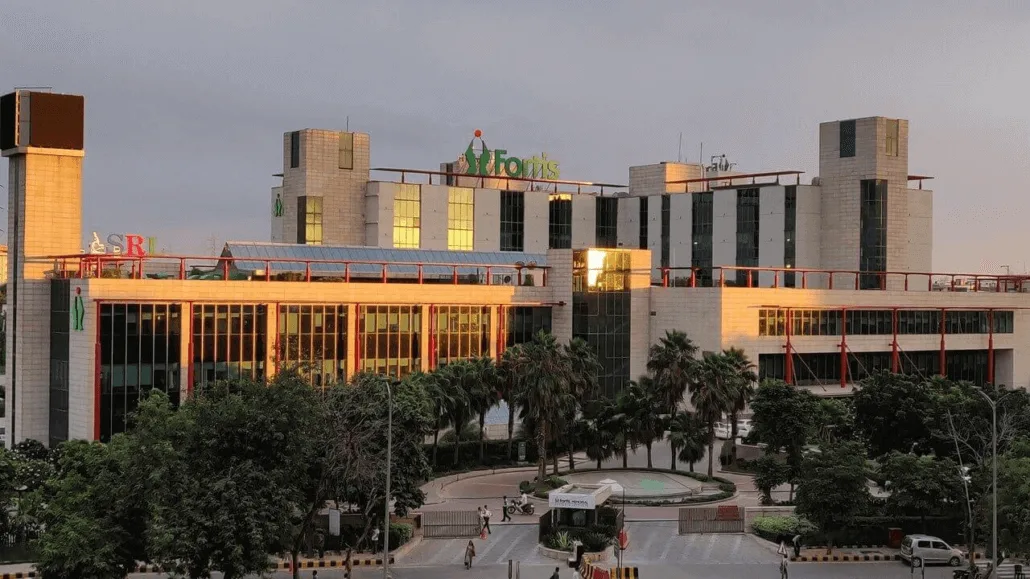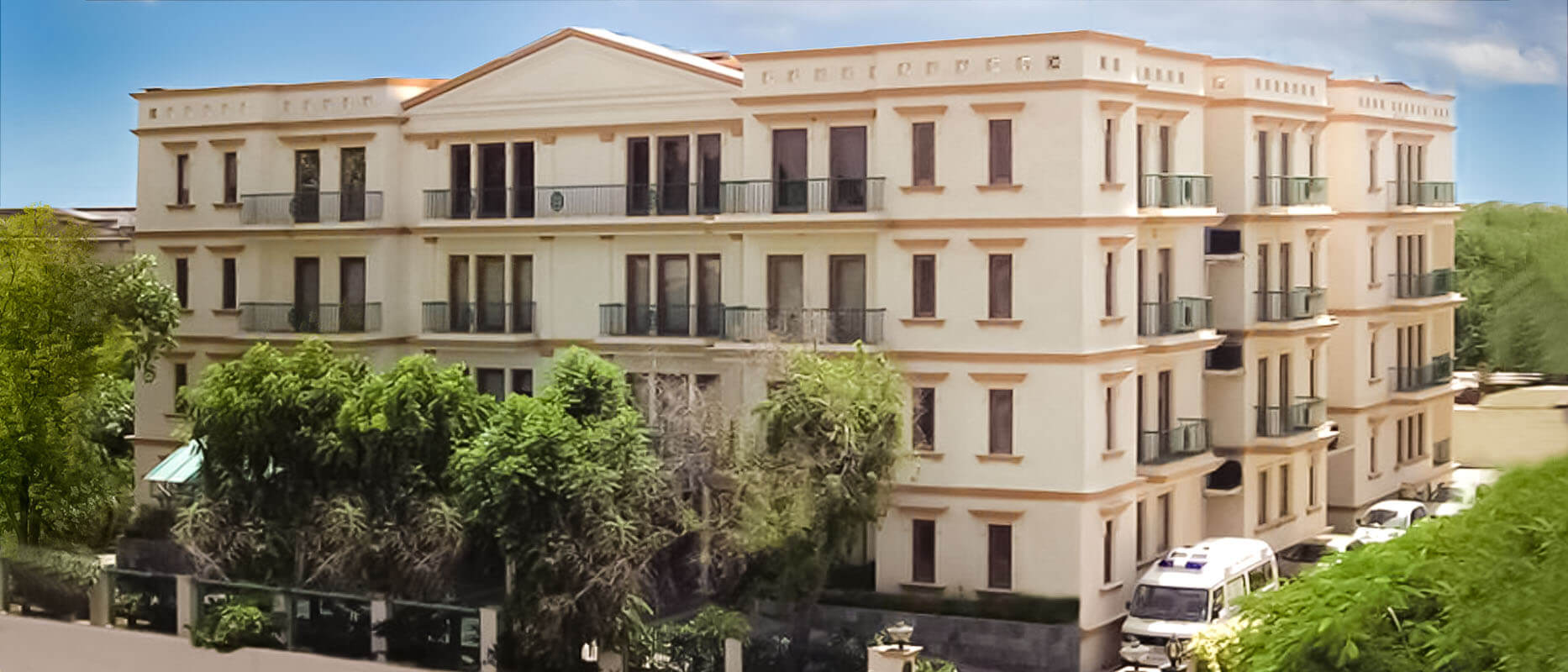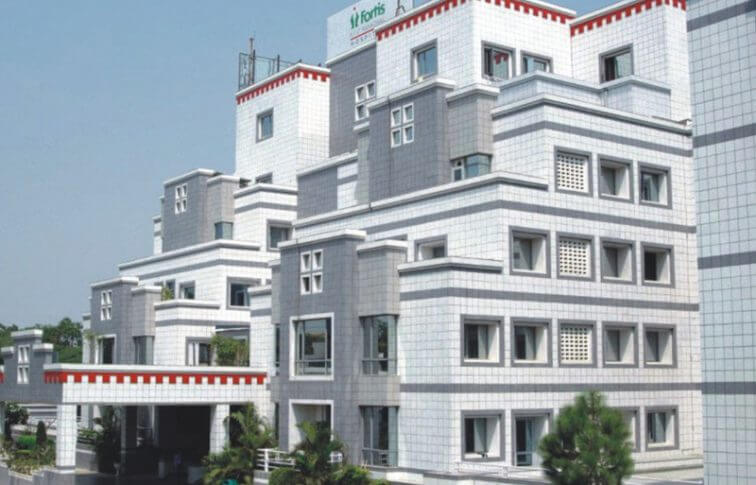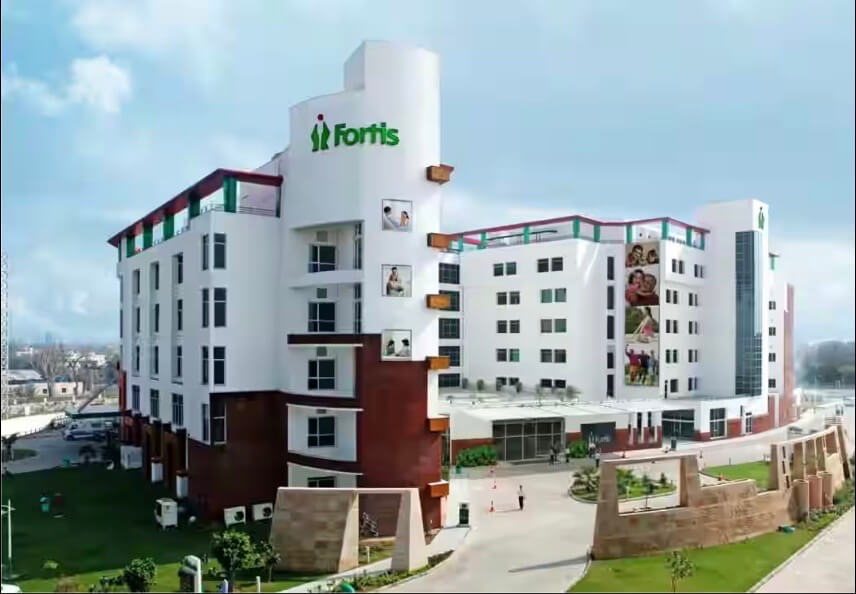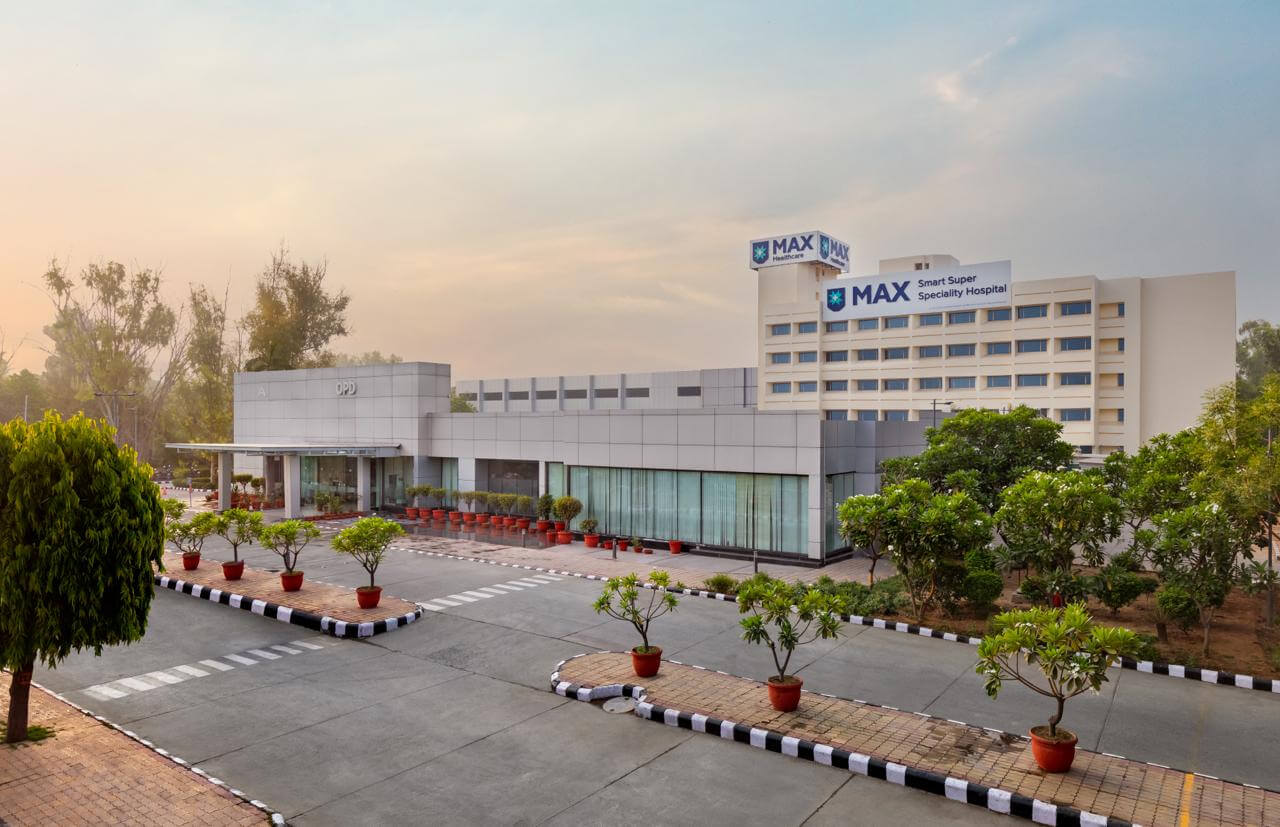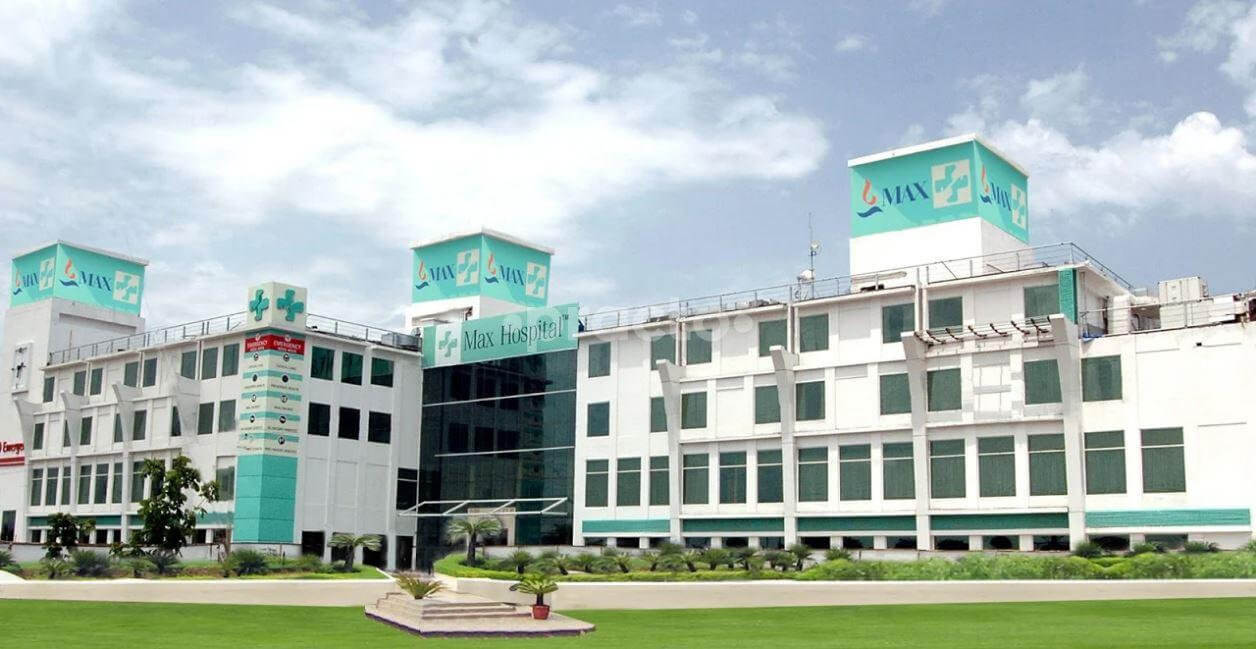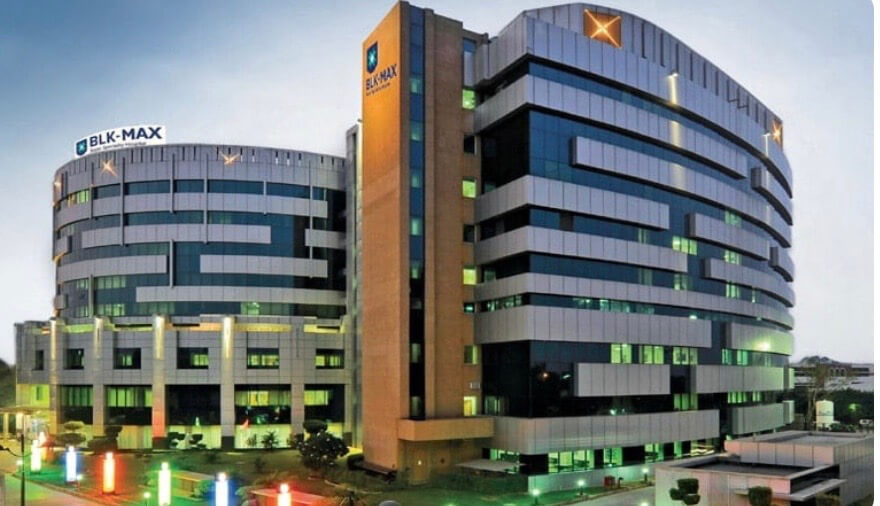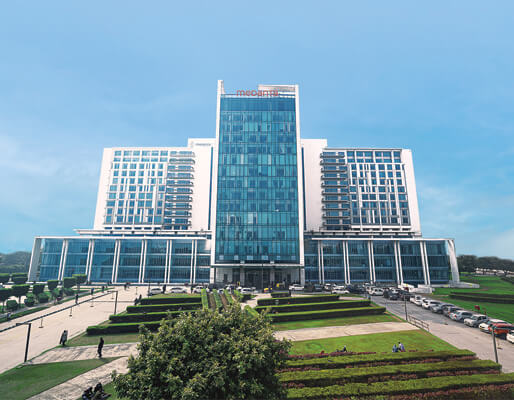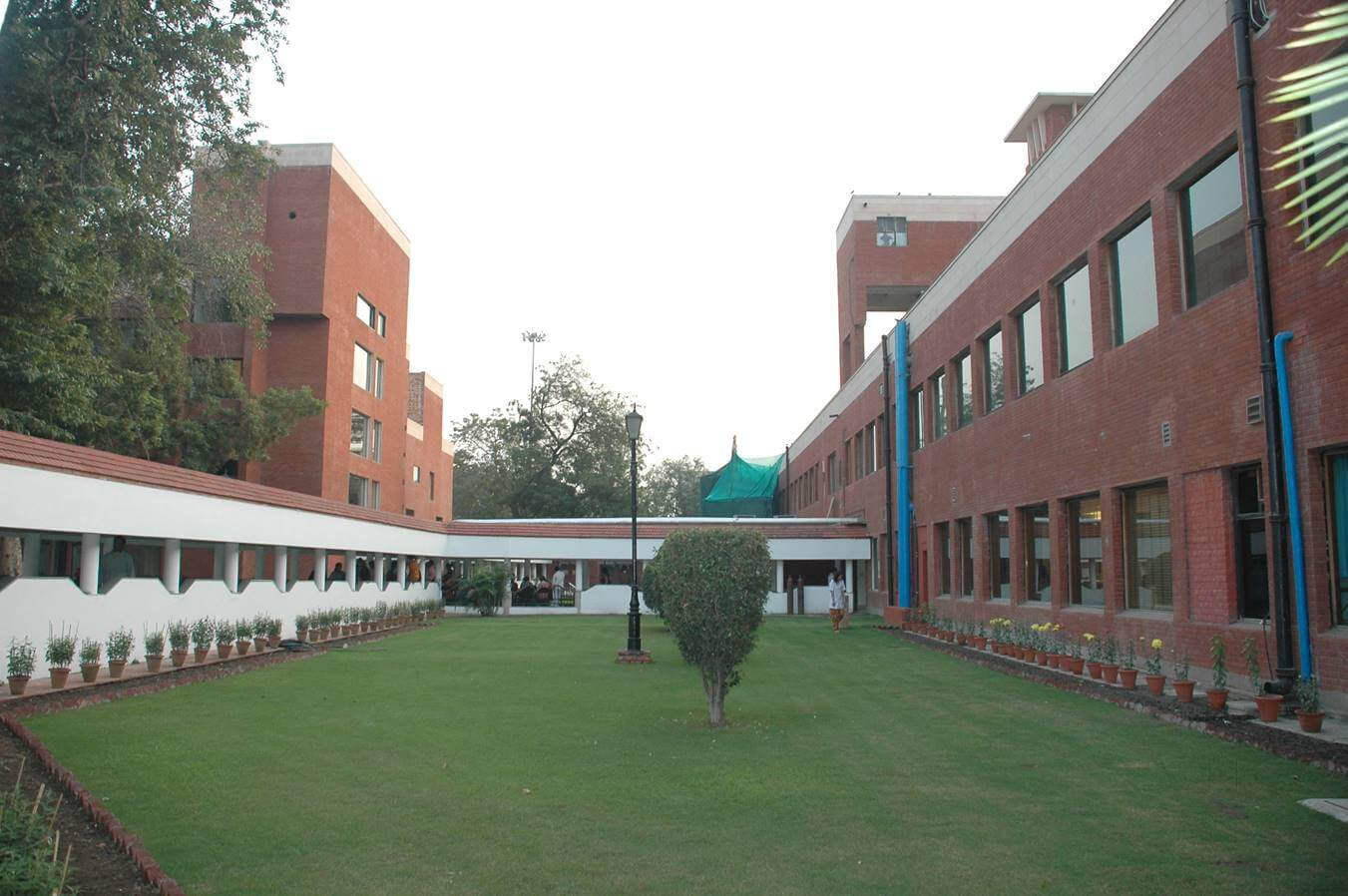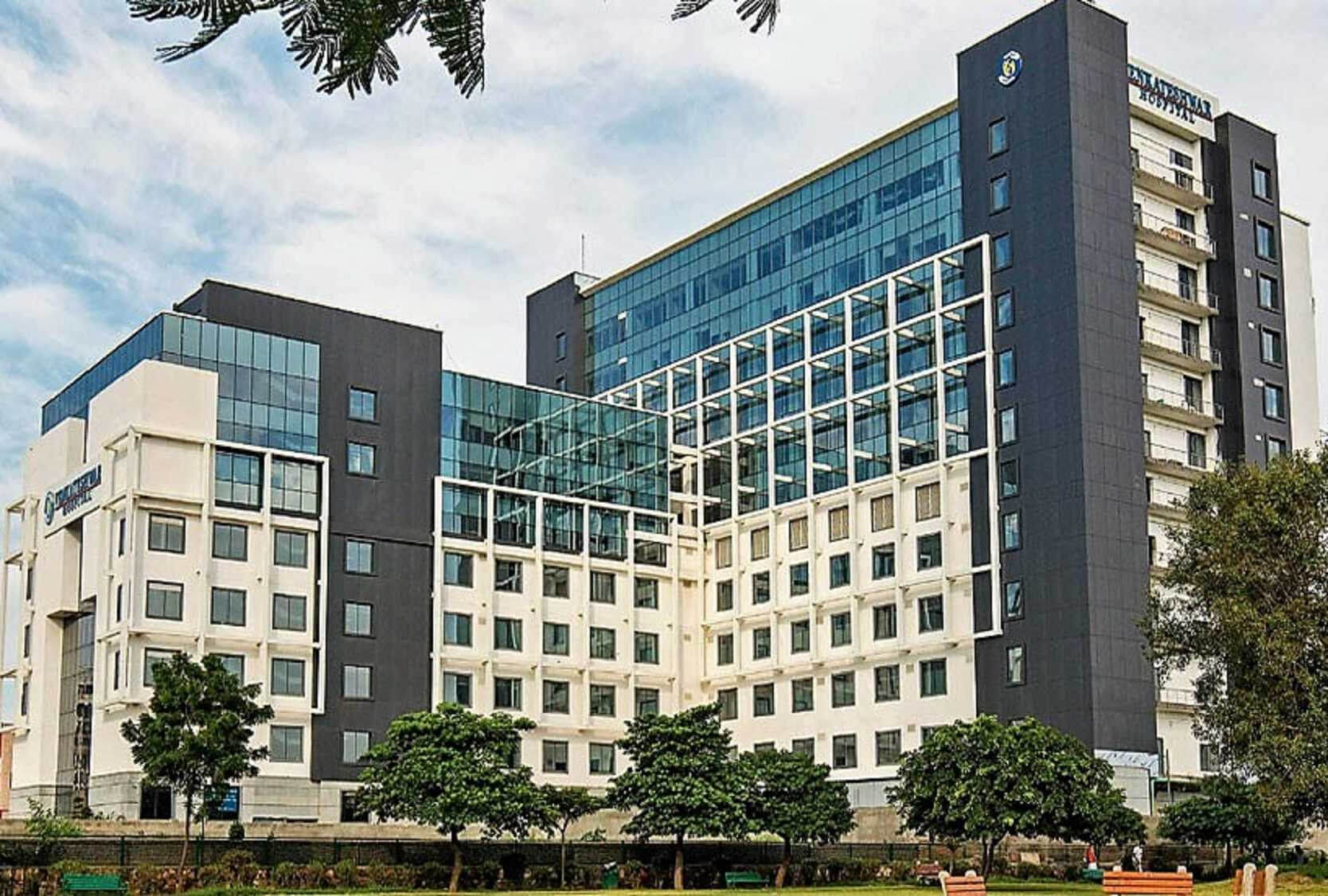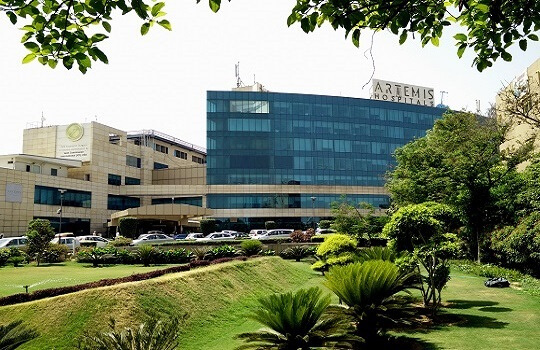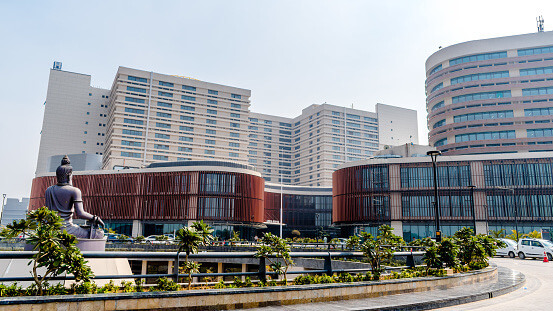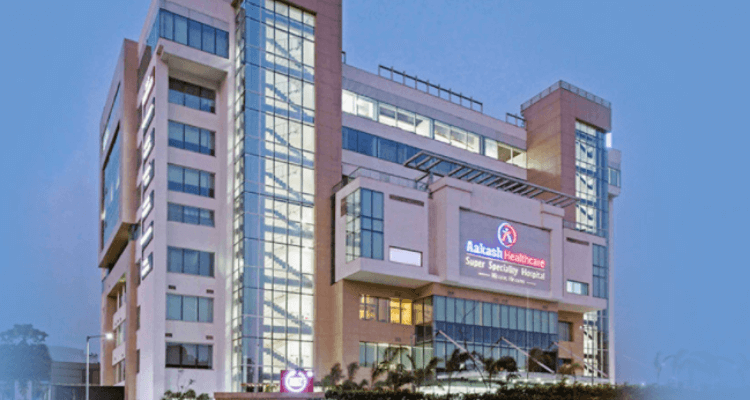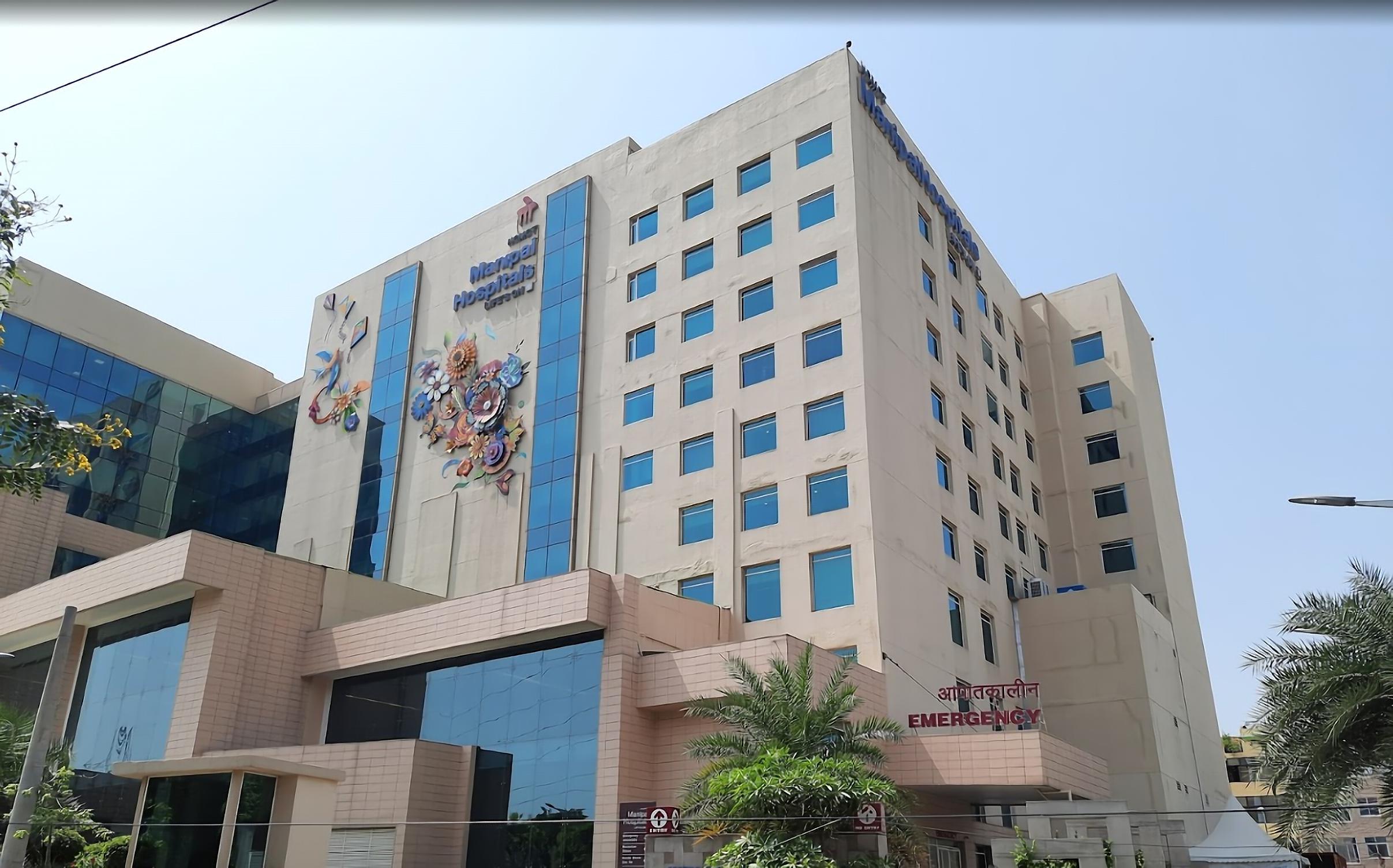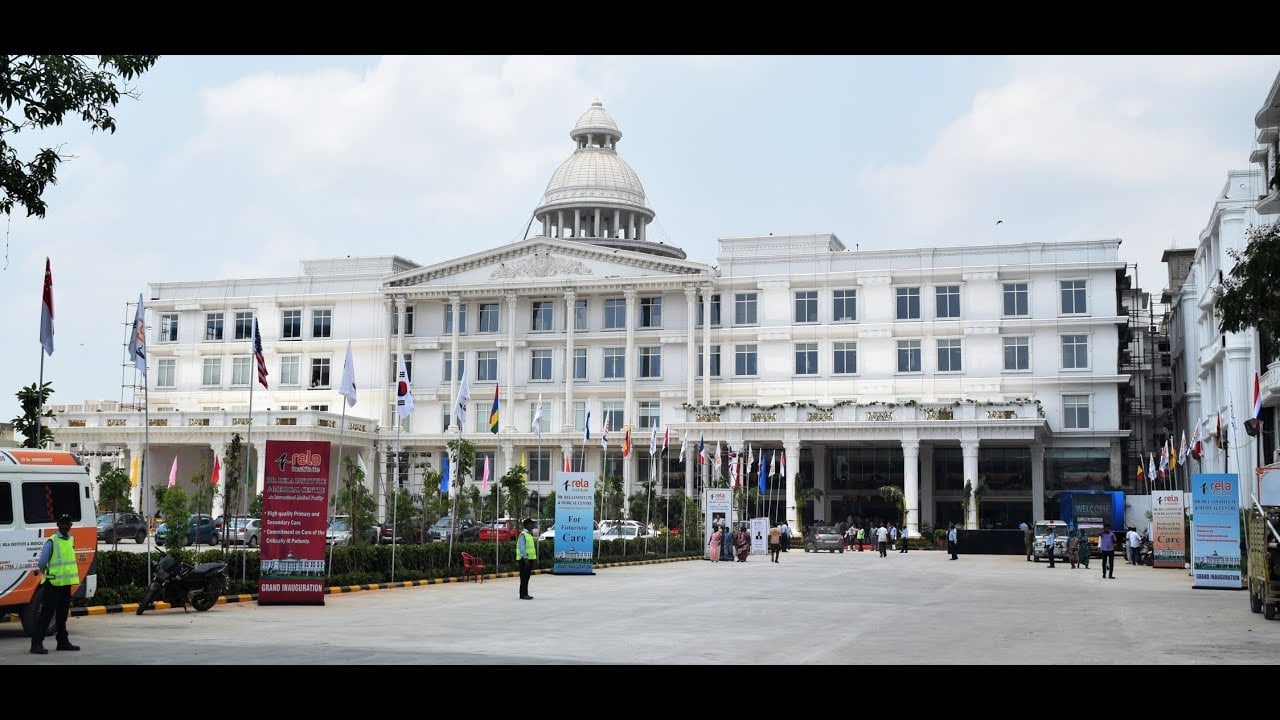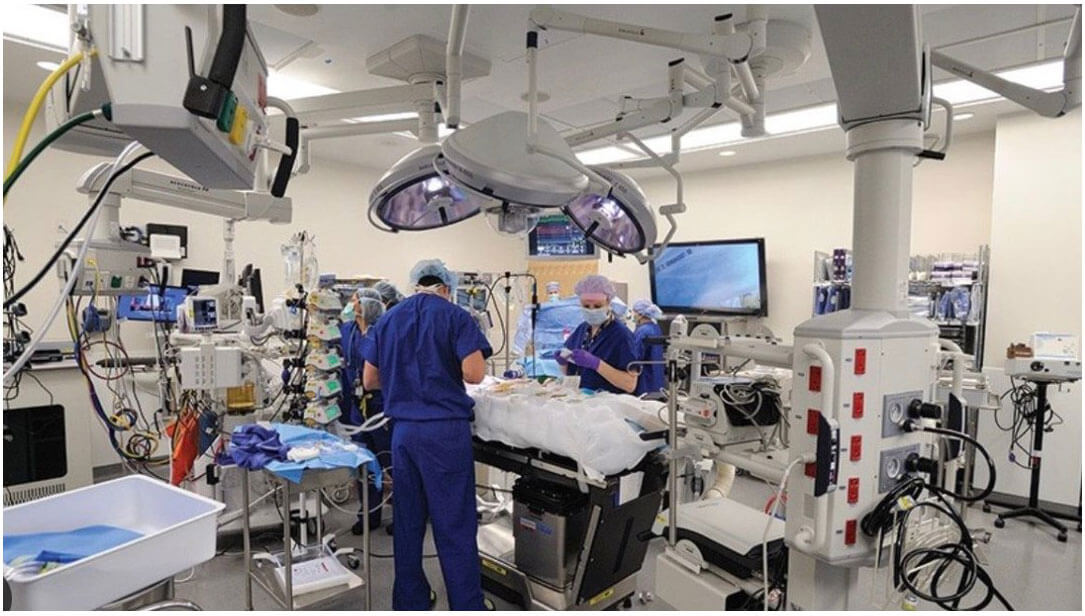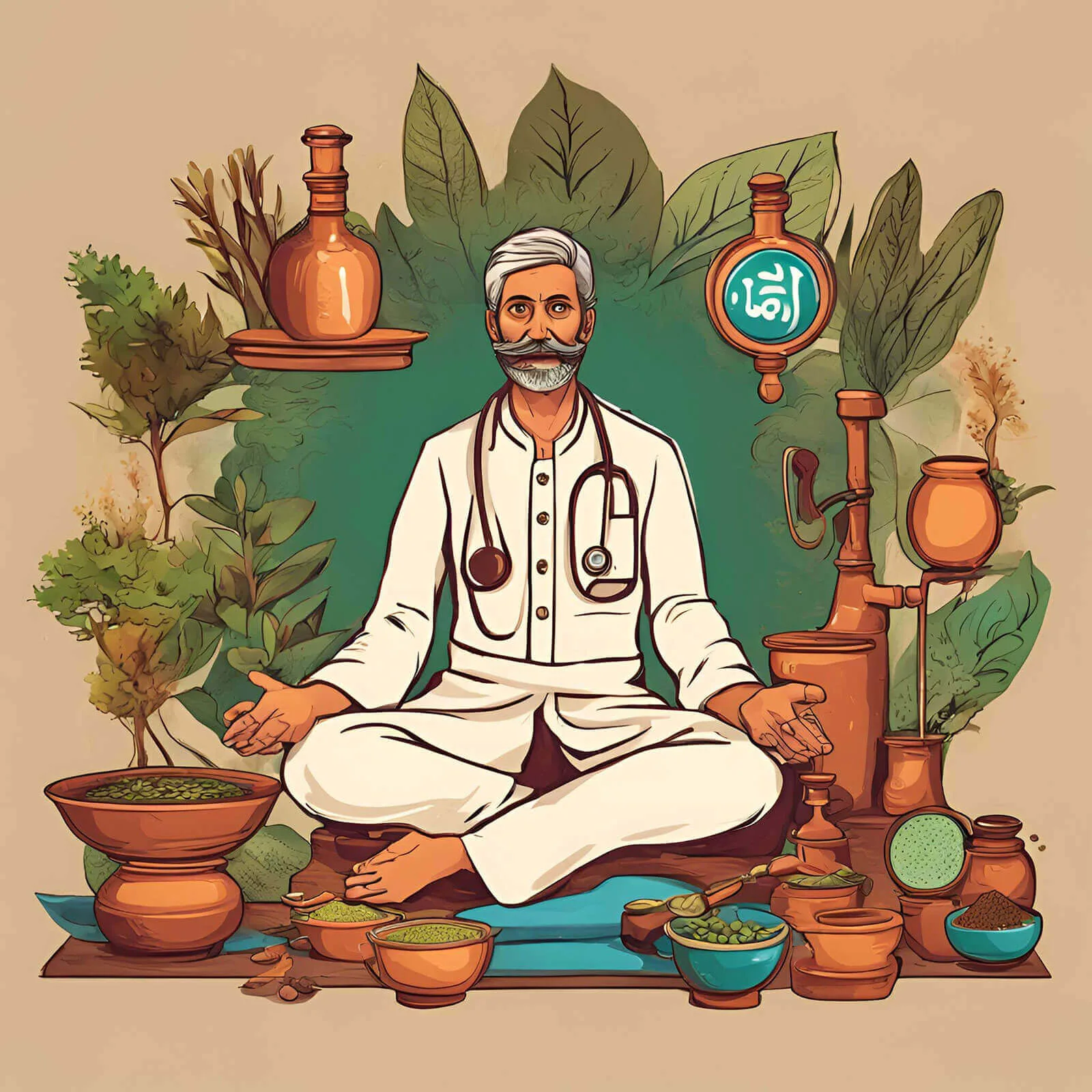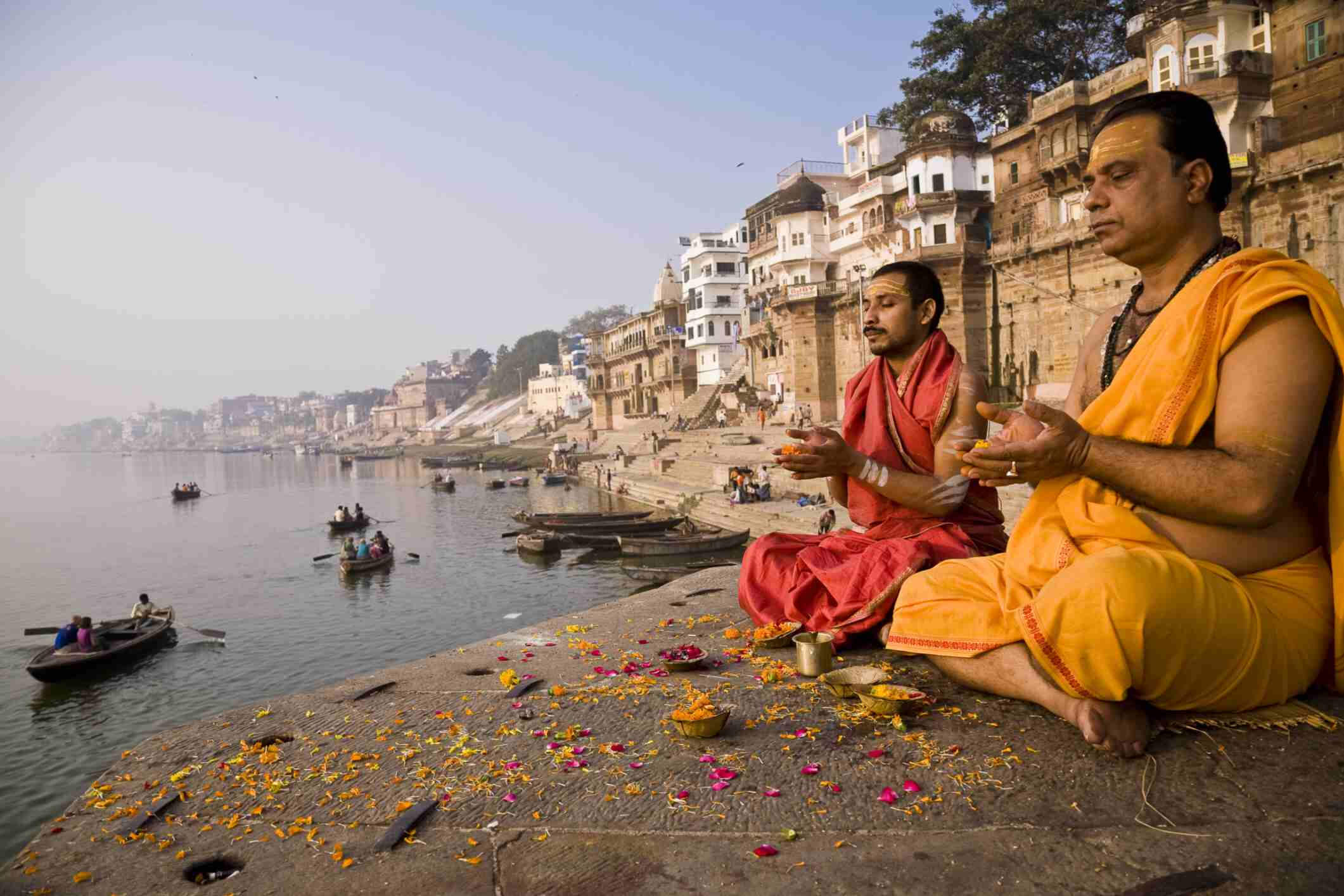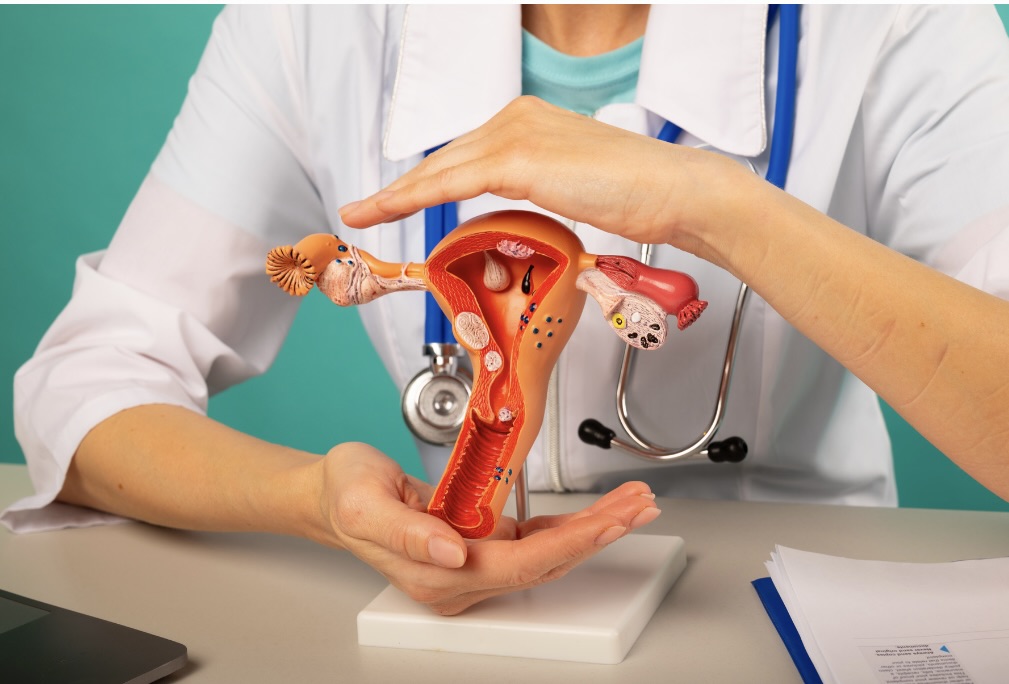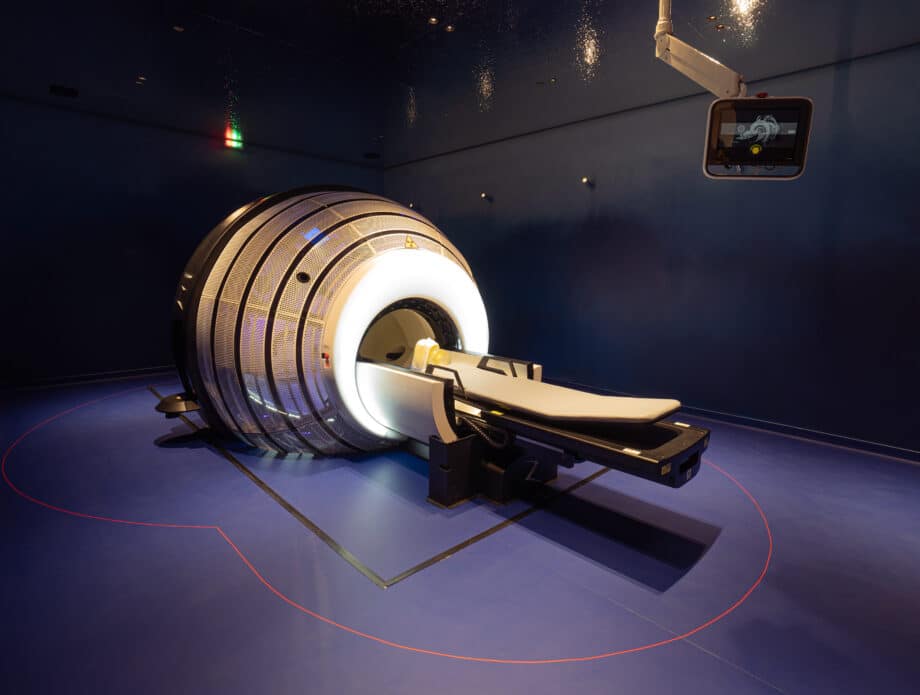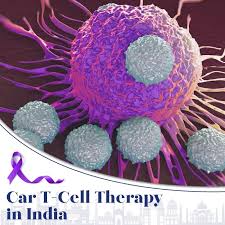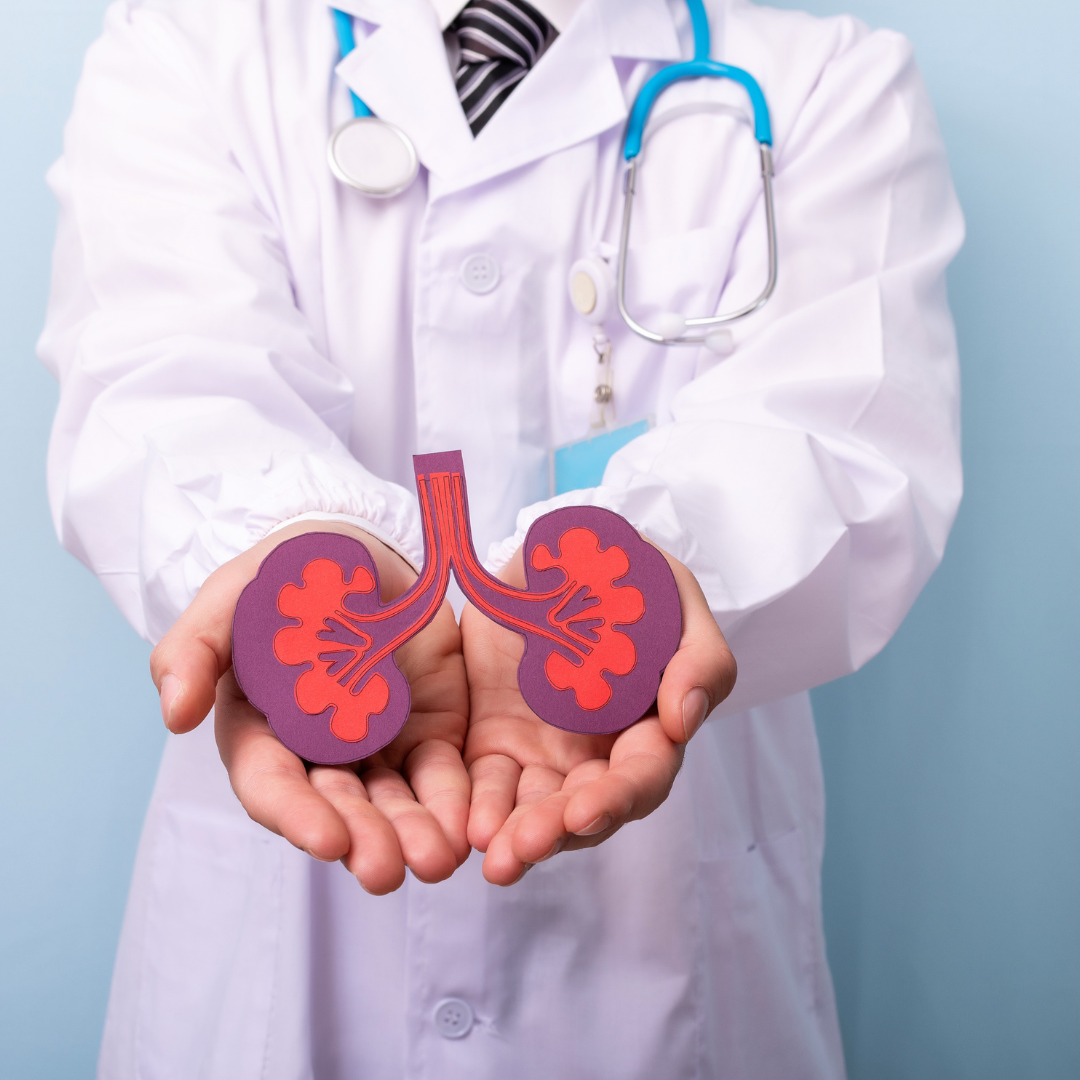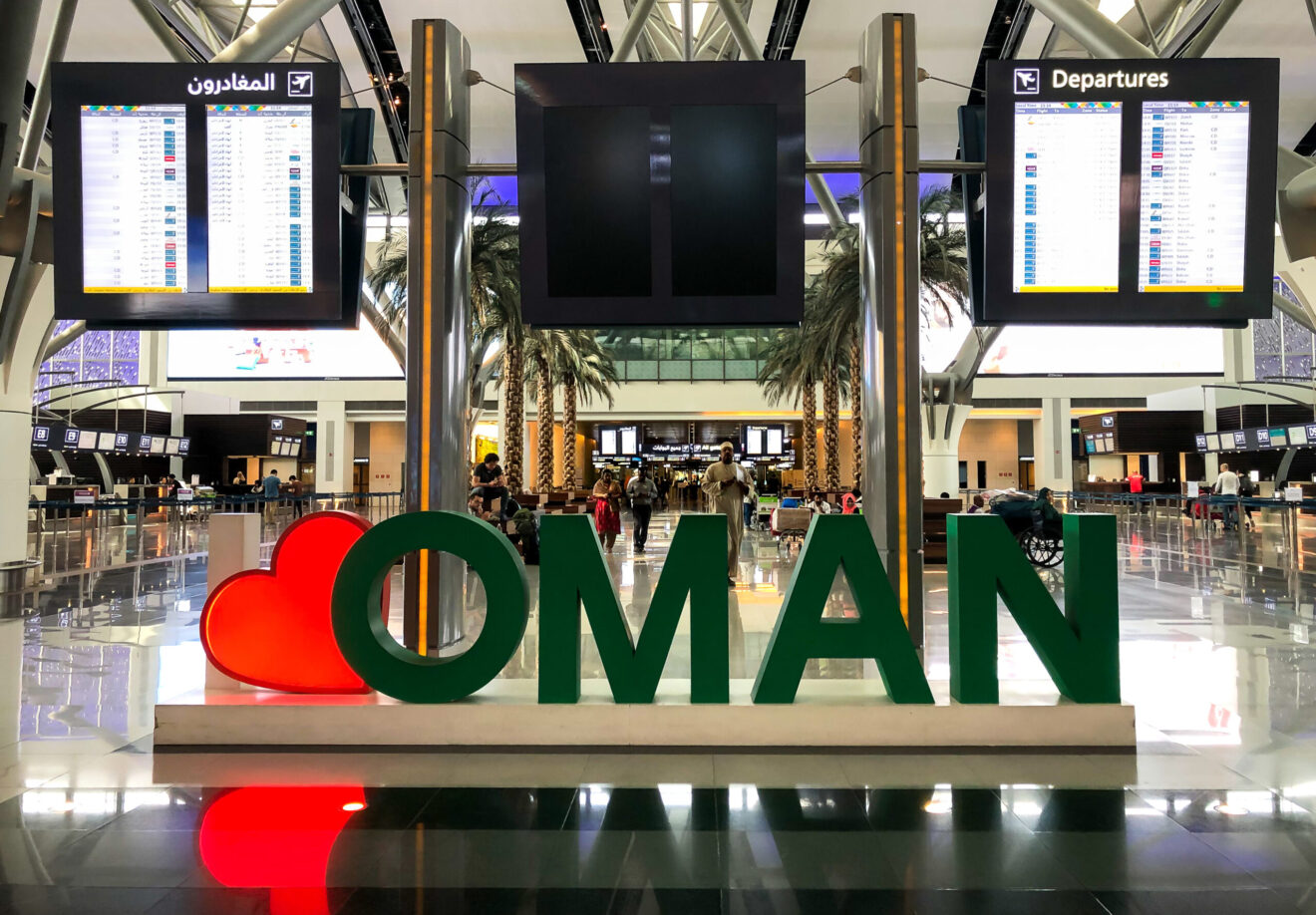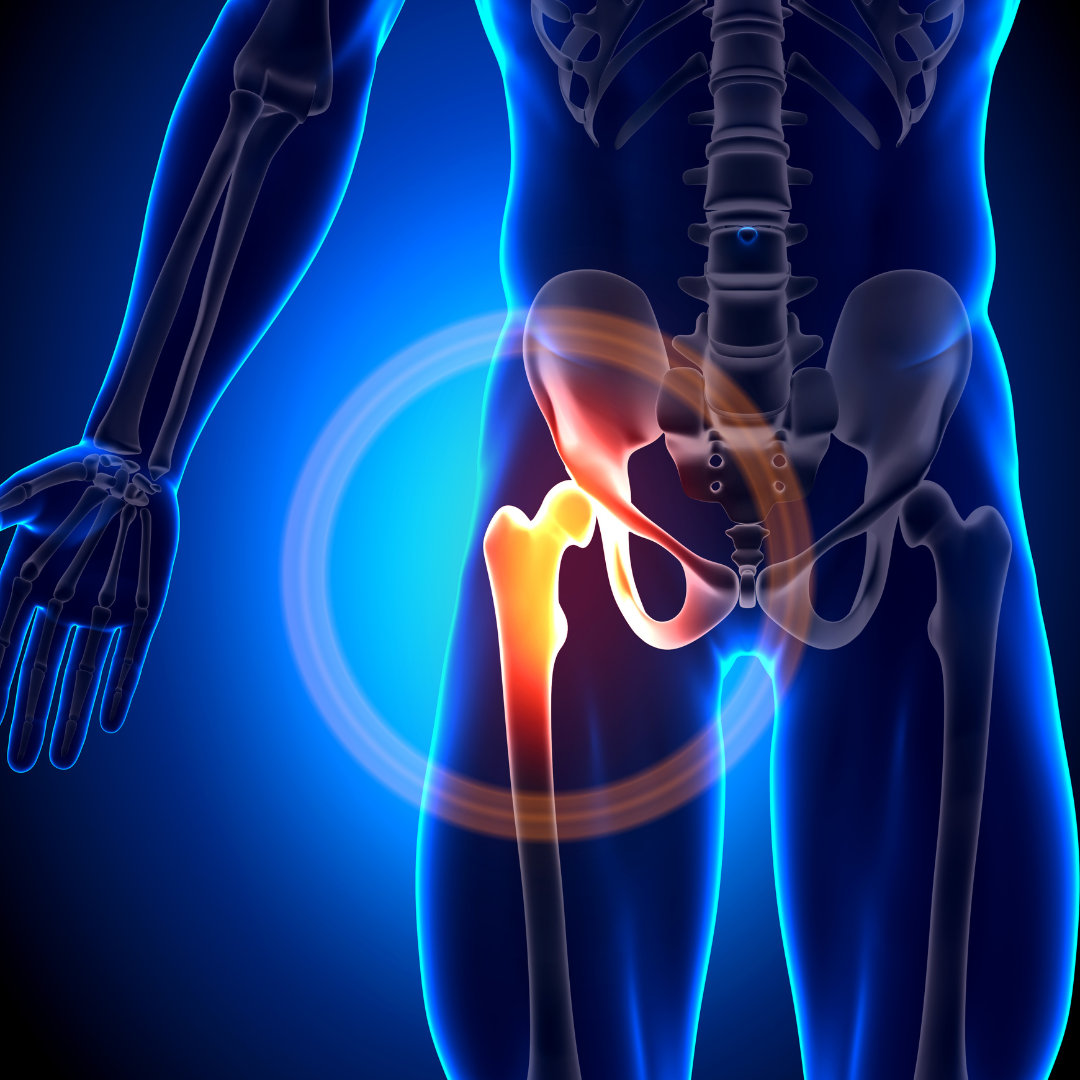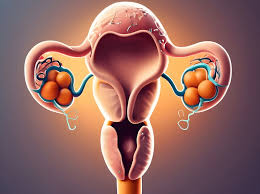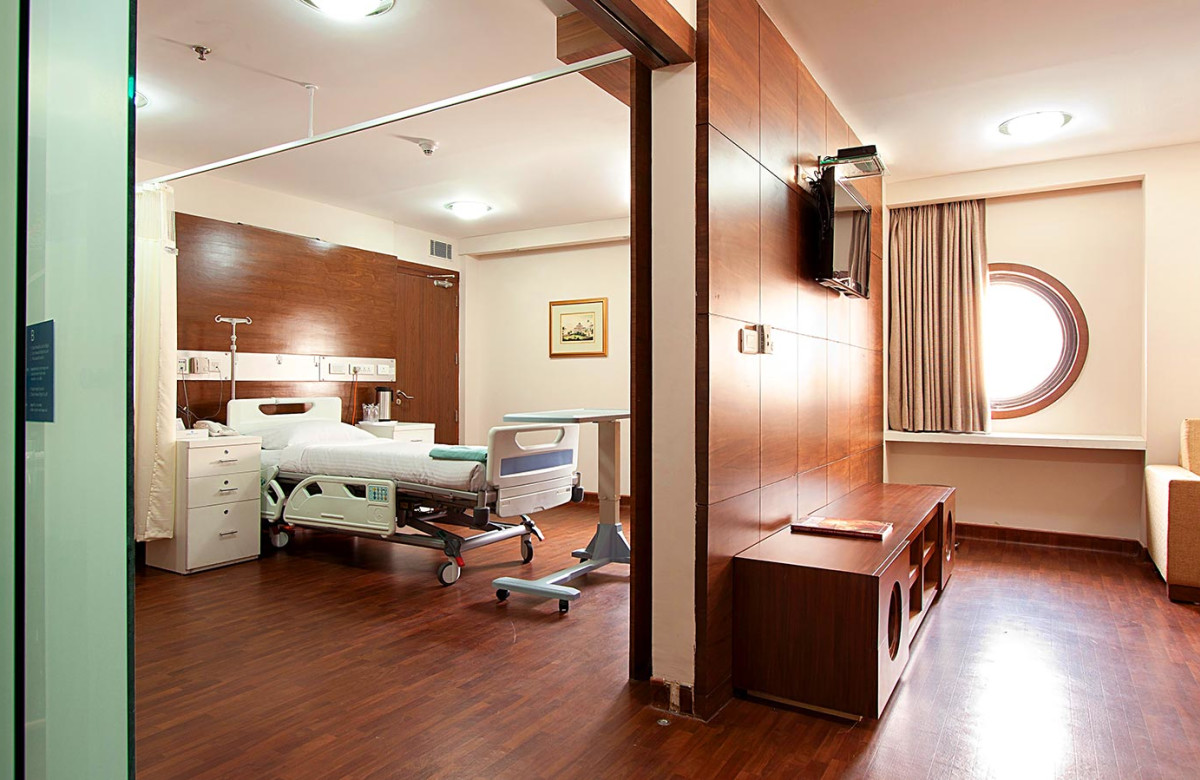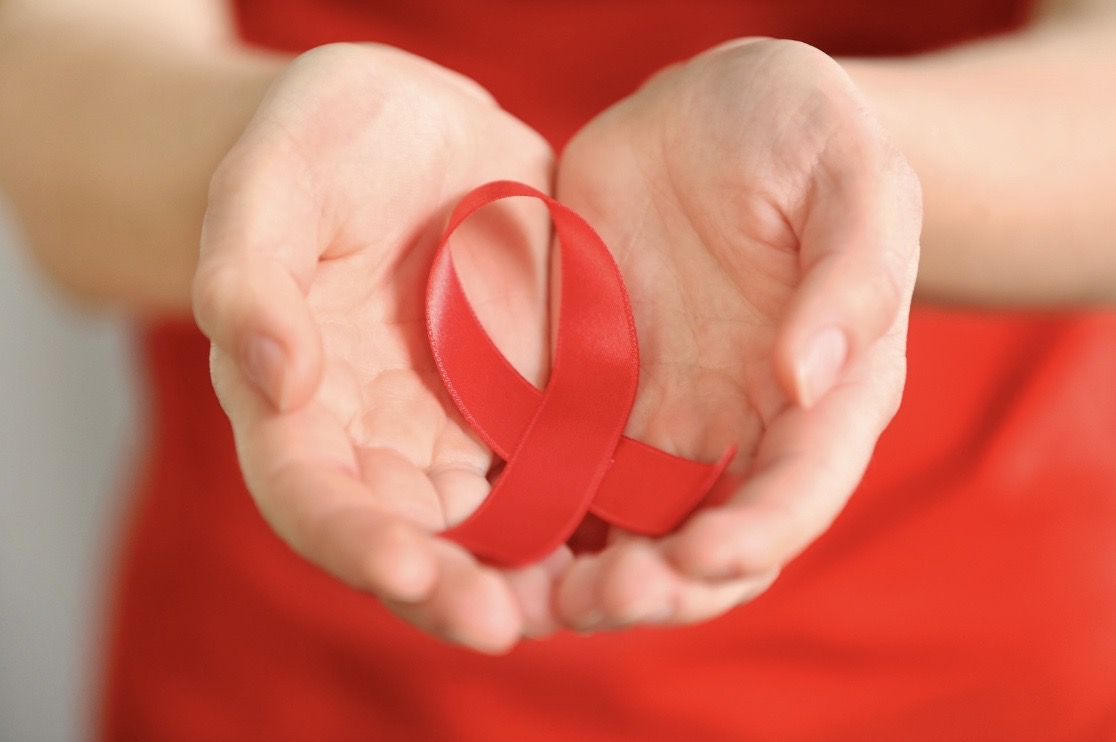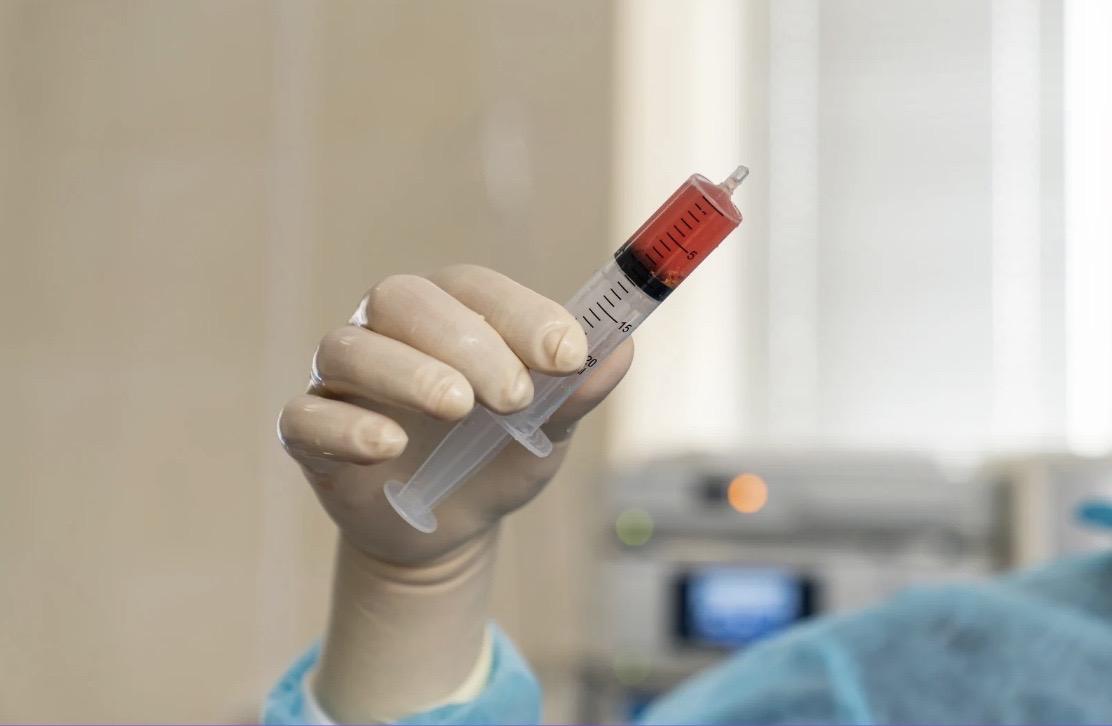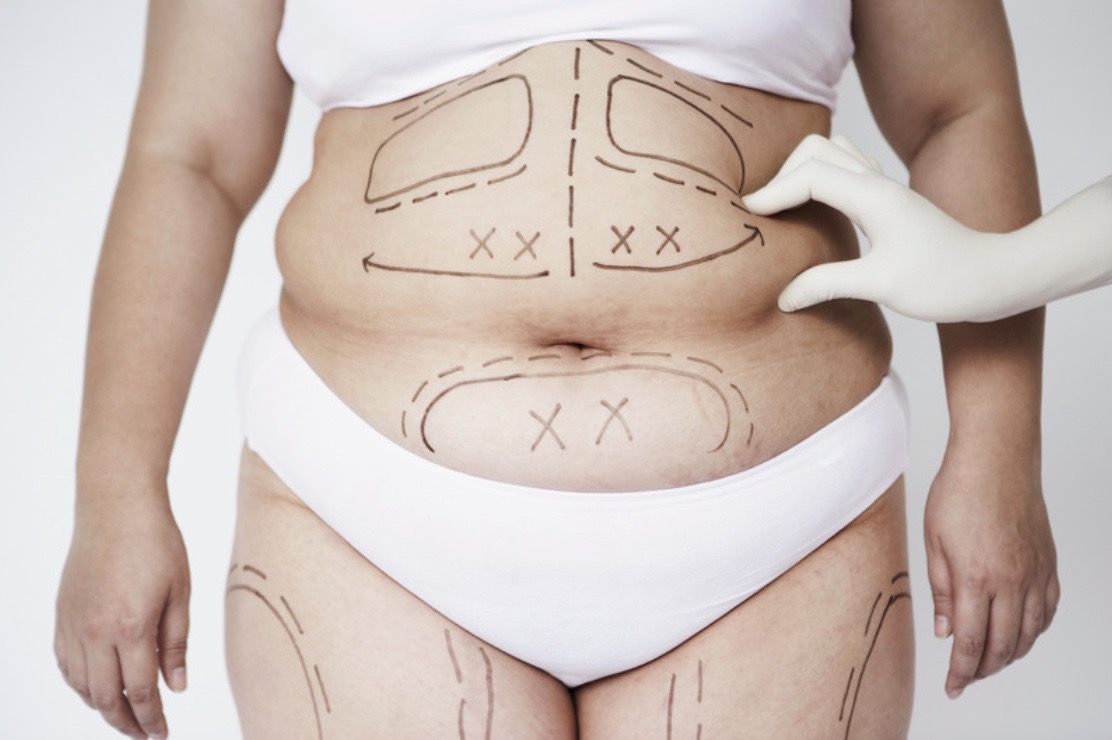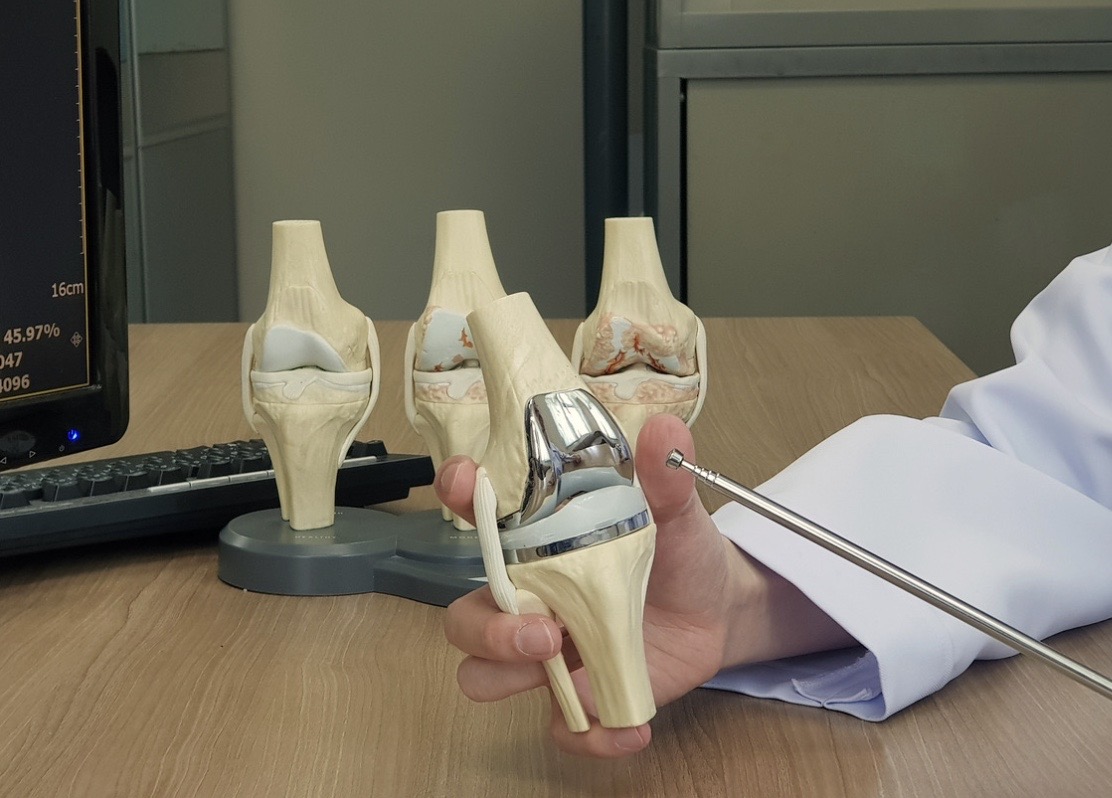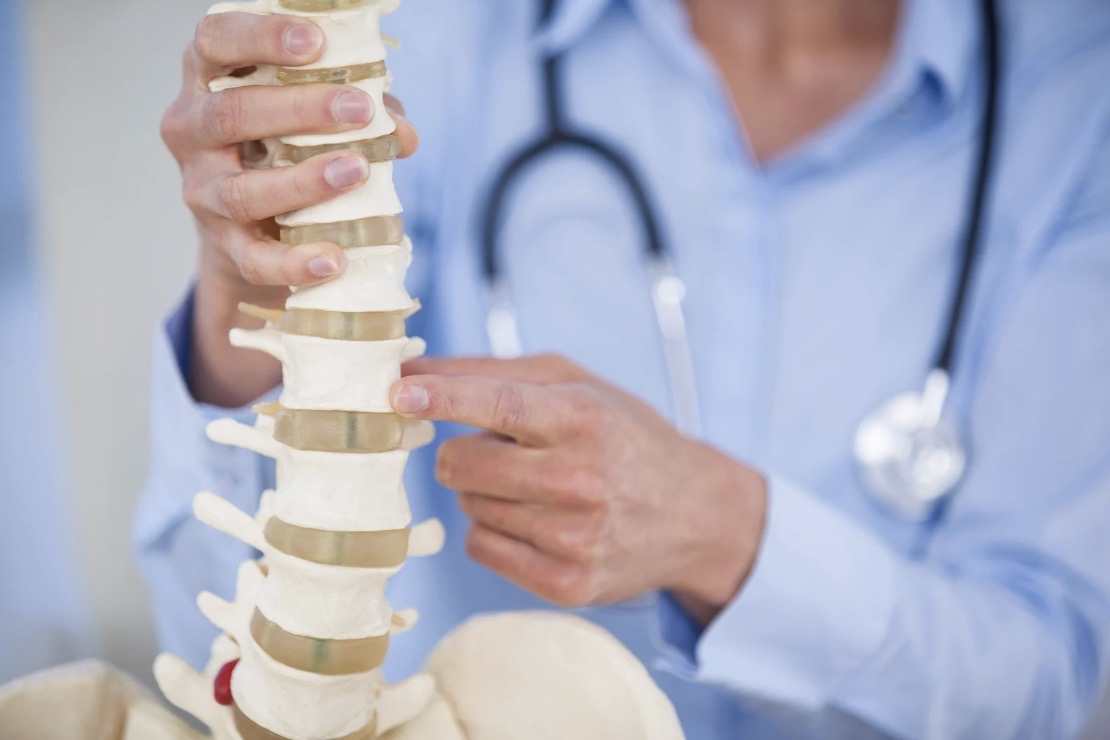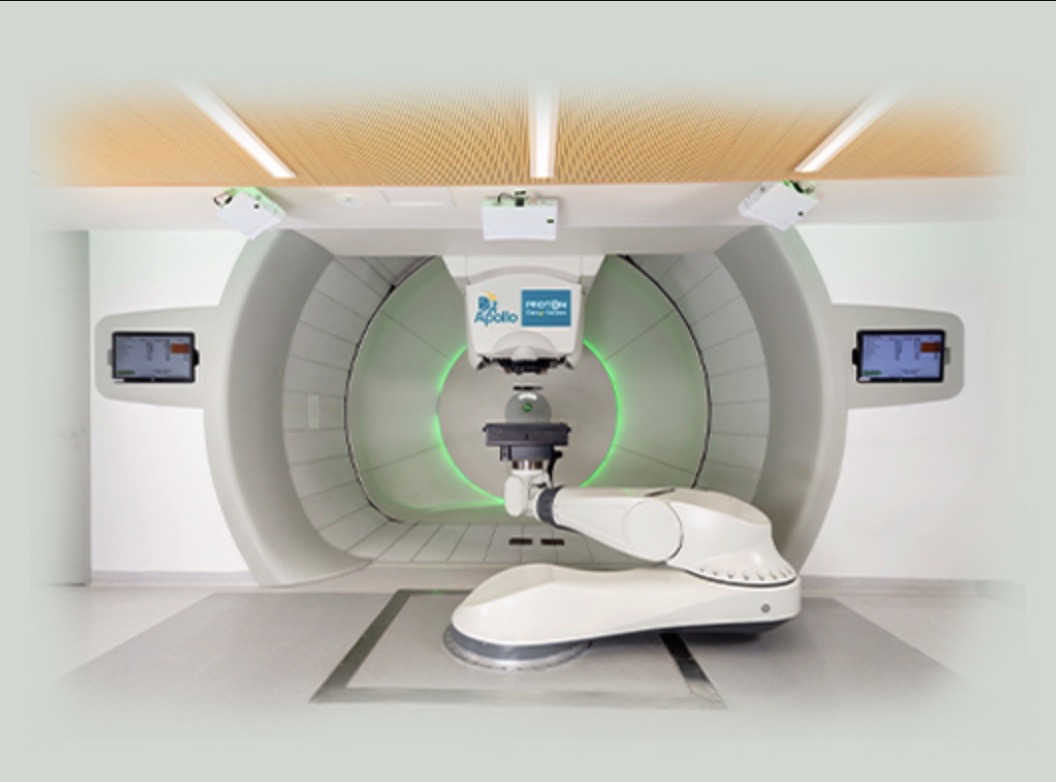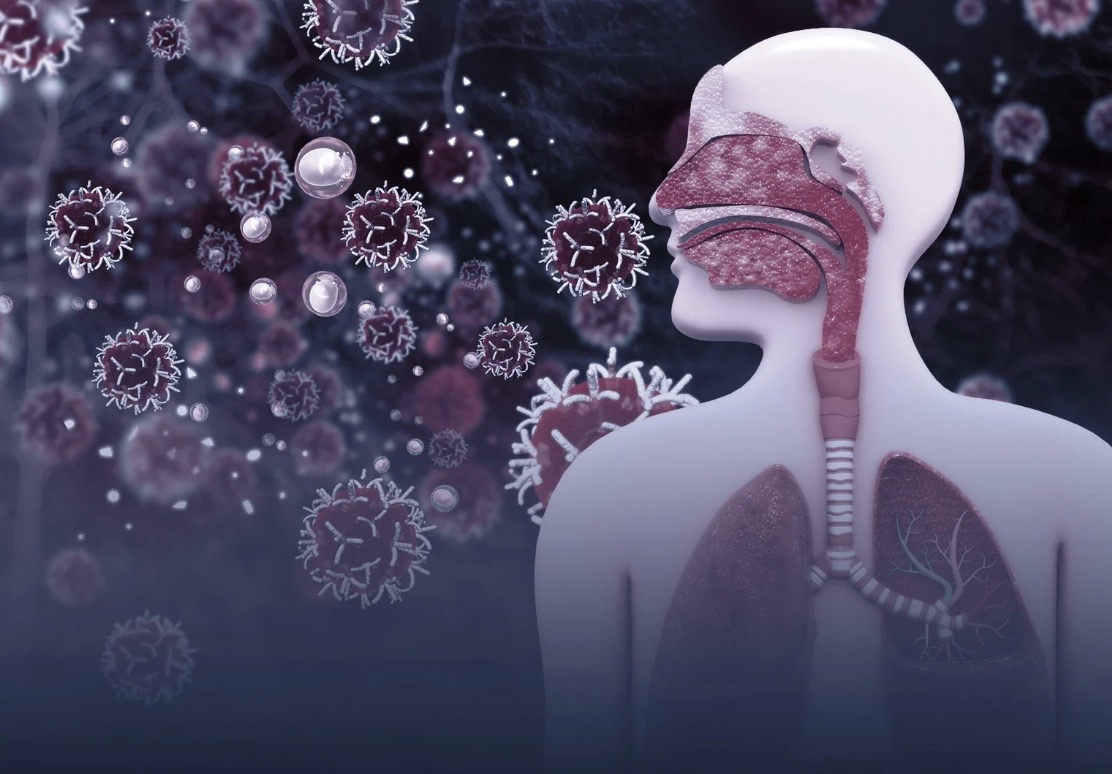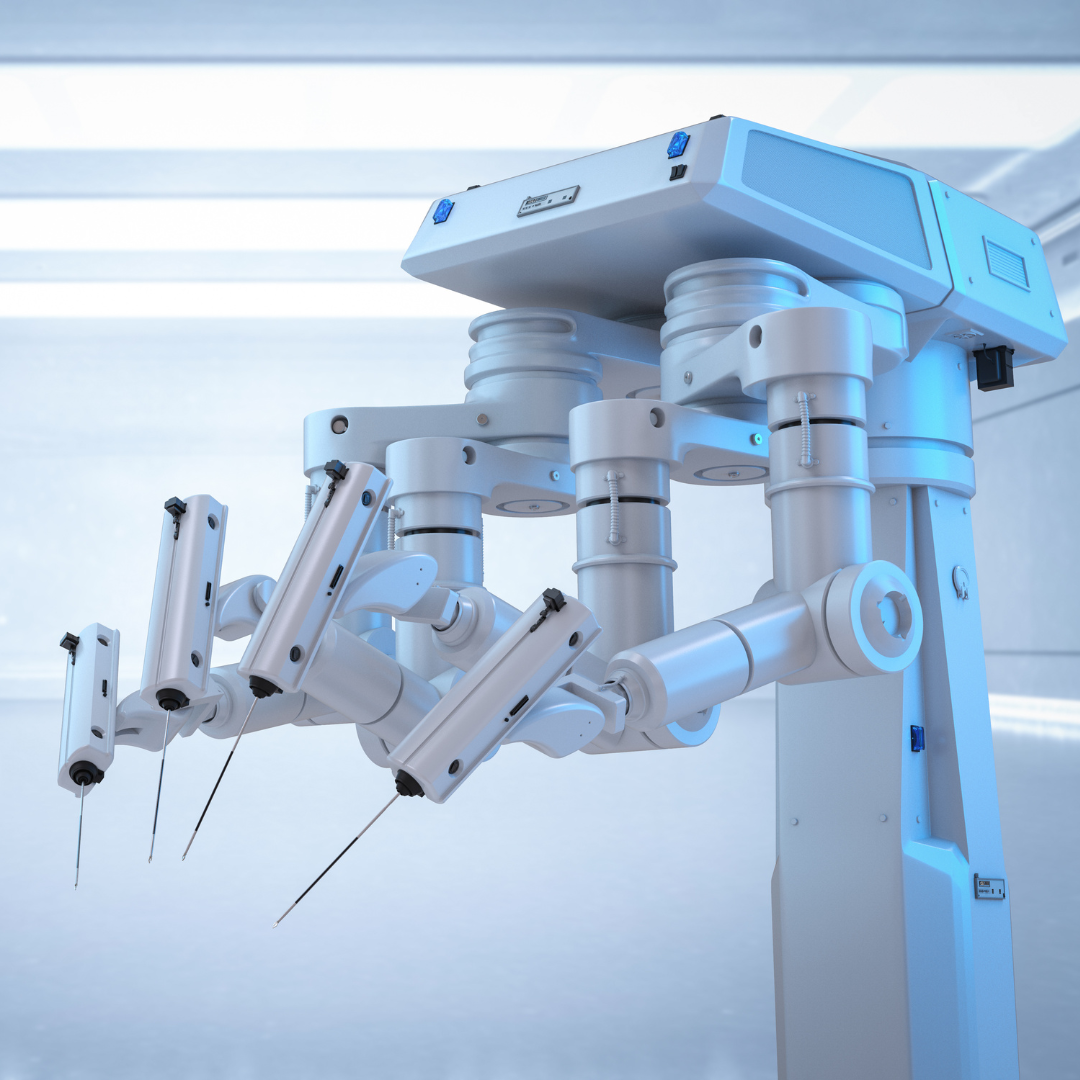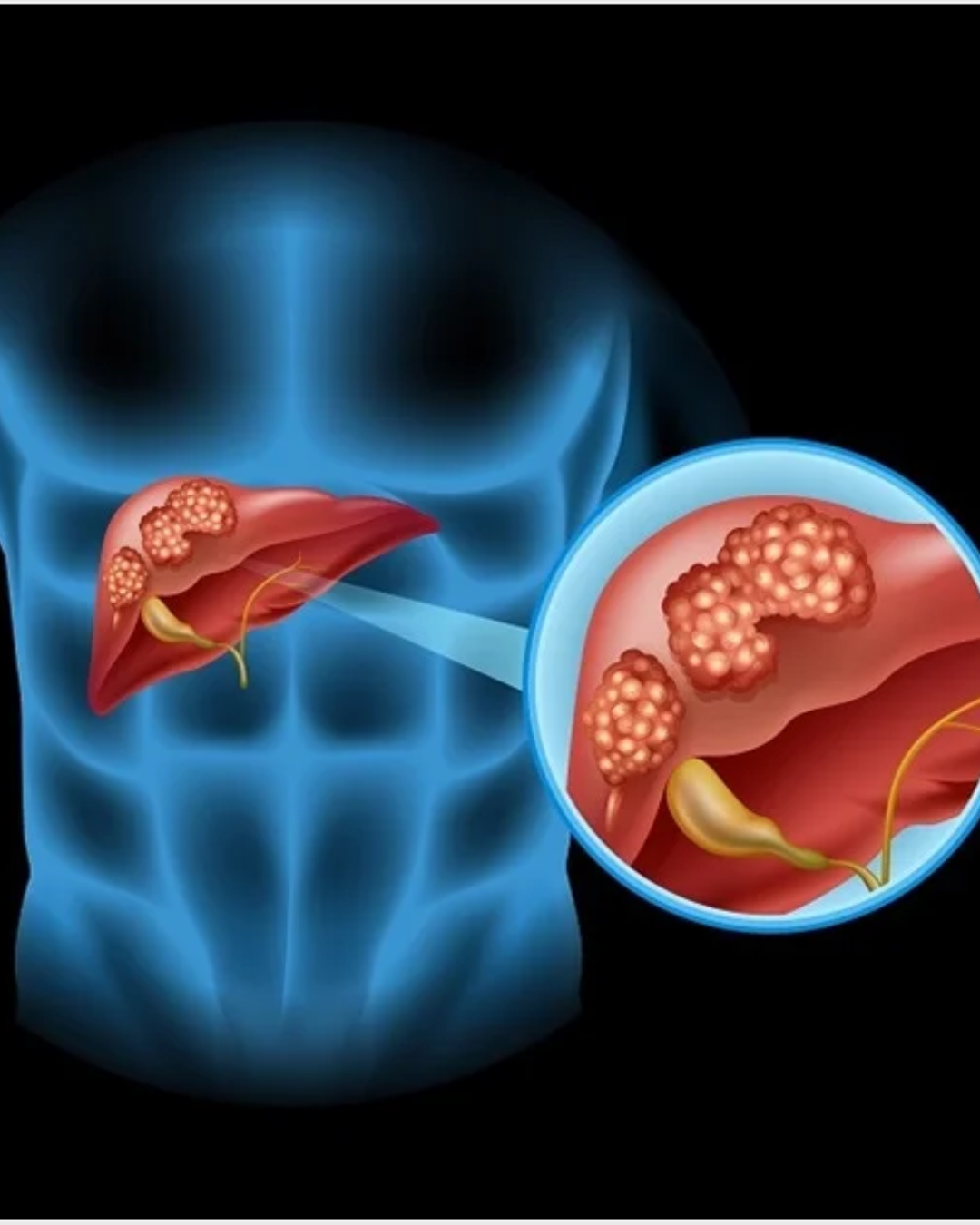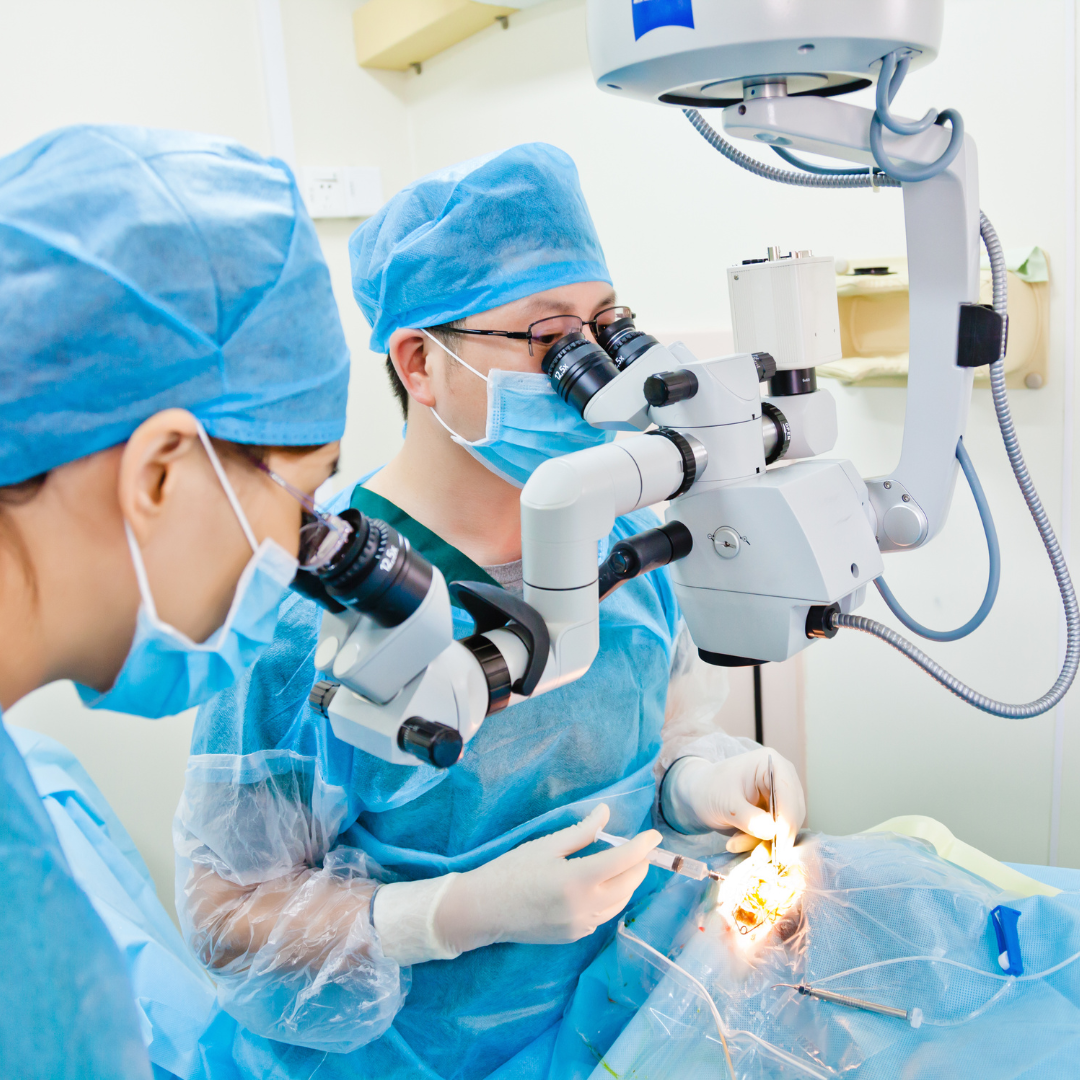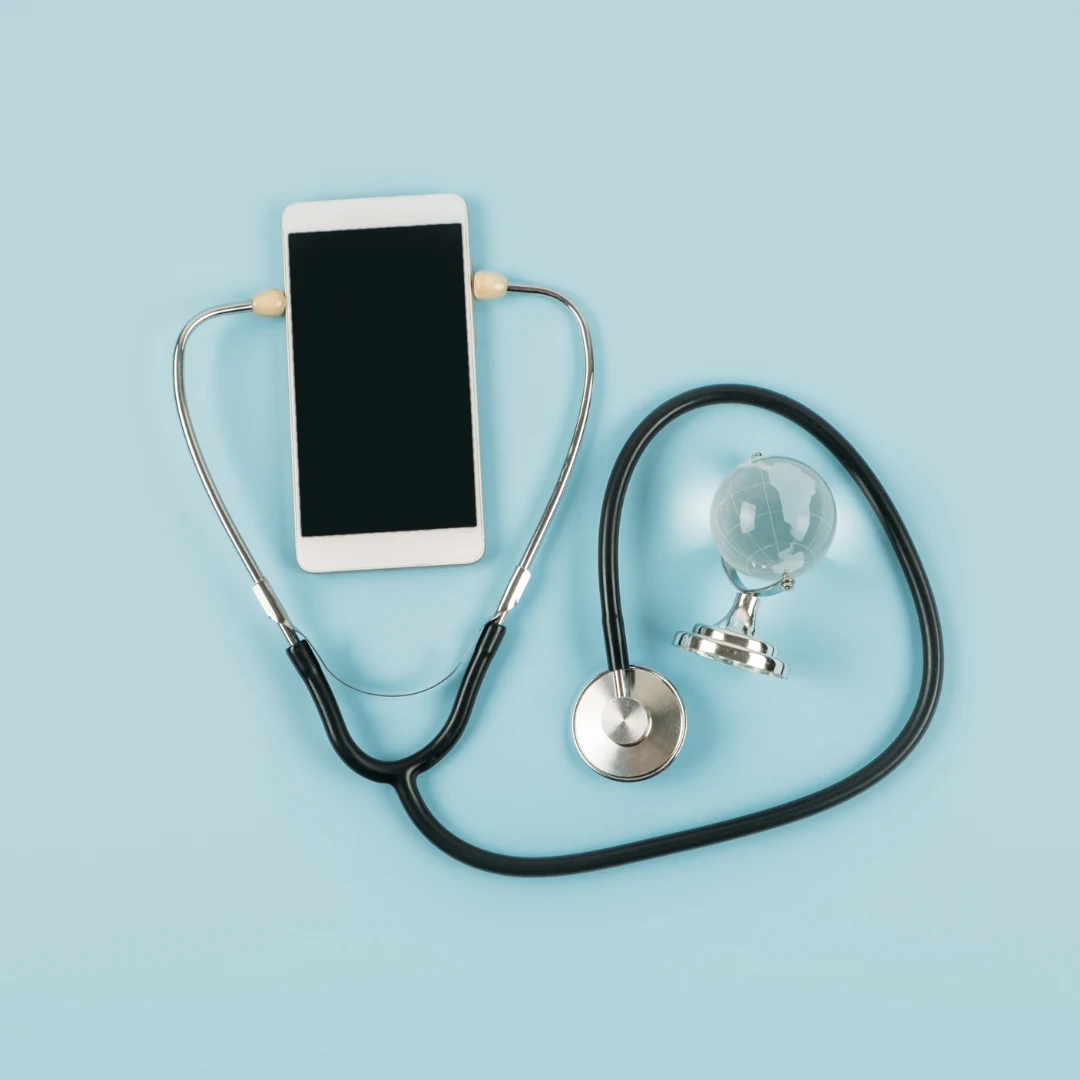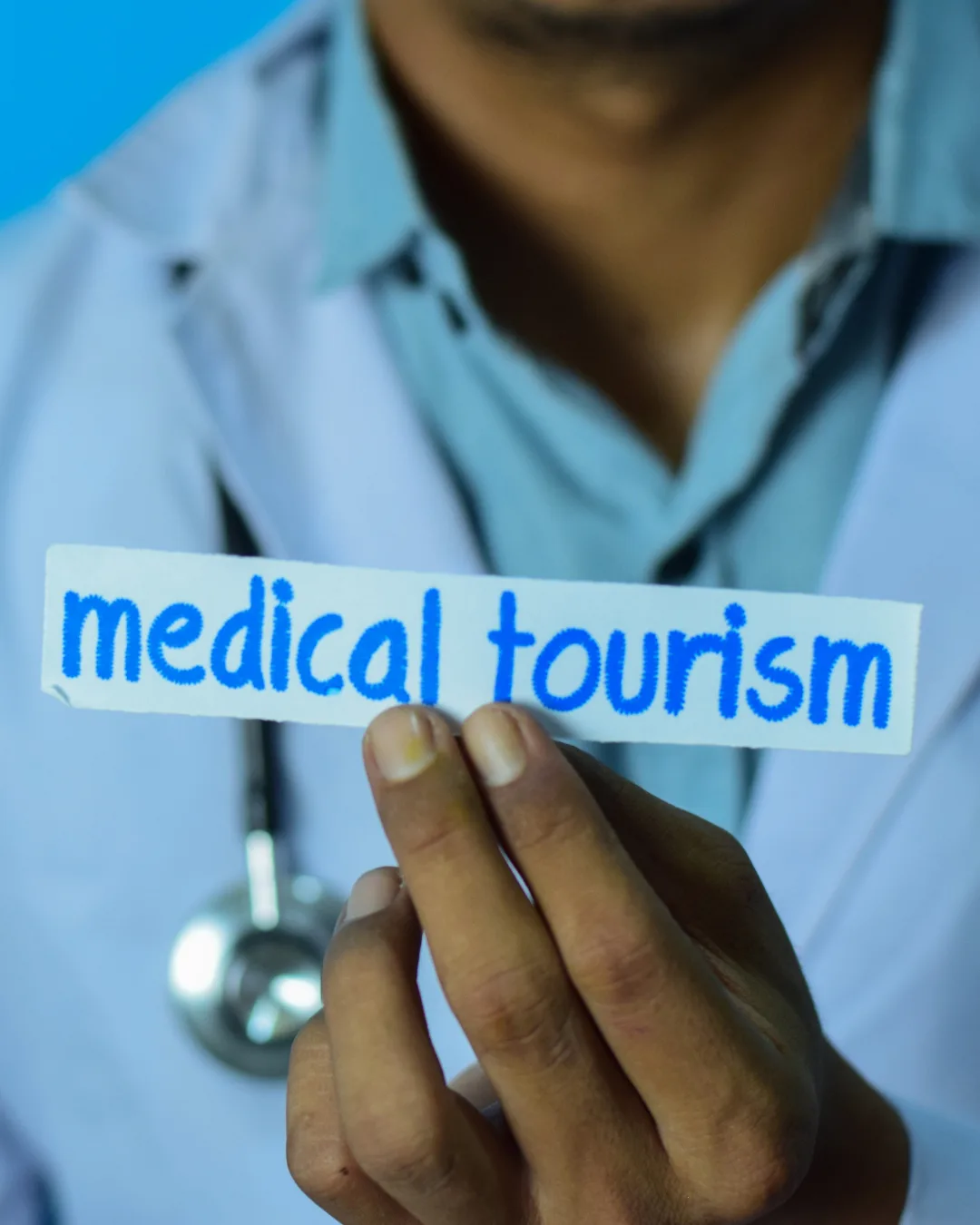Introduction
A heart transplant is a life-saving surgical procedure where a diseased or failing heart is replaced with a healthy donor heart. This procedure is typically recommended for patients with end-stage heart failure or severe coronary artery disease that cannot be treated with other methods. Heart transplants are considered when other treatment options, such as medications, lifestyle changes, or surgeries like bypass, are no longer effective. The success of a heart transplant depends on various factors, including the patient's overall health, the condition of the donor heart, and post-transplant care. It offers patients a chance to regain a better quality of life and extended survival. However, it requires lifelong medication to prevent rejection and careful monitoring for complications.
Cost Comparison
The cost of heart transplant varies widely anywhere in the world, depending on the hospital, the stage of cancer, the type of treatment, the number of therapy sessions required, the patient’s overall health condition, post-operative complications and care, etc. The average cost of heart transplant in India is USD $8500.
But be assured as the cost of Heart Transplant in India is just a fraction of developed nations.
- Avg Cost of treatment - $8500
- Maximum cost of treatment - $37000
Factors affecting Cost of treatment
Several factors influence the cost of a heart transplant treatment in India. Here are the key factors:
1. Hospital and Facility Charges:
-
The reputation and location of the hospital play a significant role. Private hospitals like Fortis, Max Healthcare, and Artemis Hospital, known for their advanced infrastructure and skilled medical teams, may charge higher than others.
2. Donor Availability:
-
Availability of a suitable heart from a donor is a critical factor. The cost can increase if the heart is hard to match or if the transplant involves more extensive procedures or waiting time. Organ donor-related expenses such as procurement, preservation, and transport of the heart may add to the overall cost.
3. Medical Team and Expertise:
-
Fees for the transplant surgeon, cardiologists, anesthetists, and other specialists involved in the procedure can vary depending on their expertise and experience.
4. Pre-Transplant Testing:
-
Before the transplant, a series of tests, including imaging, blood tests, and diagnostic procedures, are necessary. These tests are crucial to determine the patient’s suitability for the transplant, and their cost can add significantly to the total.
5. Post-Surgery Care:
-
Post-transplant care includes hospitalization, intensive care unit (ICU) stay, immunosuppressant medications, follow-up visits, and rehabilitation. The cost of post-surgery care can be a major portion of the treatment cost. Long-term medication is required to avoid organ rejection.
6. Complications and Rejection Risk:
-
If complications arise during surgery or post-surgery, such as infections or organ rejection, additional treatment may be necessary, increasing the overall cost of the procedure.
7. Insurance Coverage:
-
The availability and extent of health insurance coverage can affect the out-of-pocket expenses for the patient. Some insurance policies may cover heart transplants, while others may not, or they may have exclusions or caps on the amount payable.
8. Patient's Health Condition:
-
The overall health of the patient before surgery influences the cost. If the patient has additional medical conditions or requires pre-surgical treatments, it can raise the cost of the procedure.
9. Geographical Location:
-
The cost of heart transplants may also vary depending on the city. For example, transplants in metropolitan cities like Delhi, Mumbai, and Bengaluru may be more expensive compared to smaller cities due to higher operational costs and hospital fees.
10. Hospital Facilities and Technology:
-
The use of advanced medical technology, equipment, and newer surgical techniques could increase the cost of treatment. Hospitals with state-of-the-art facilities may charge more for the transplant procedure.
Understanding these factors can help patients better plan their finances for heart transplant treatment in India.
Treatment options
In India, heart transplant treatment options are available at various leading private hospitals with state-of-the-art facilities and experienced medical teams. These hospitals offer comprehensive care for heart transplant patients, from diagnosis to surgery and post-surgical recovery. Below are the primary treatment options associated with heart transplant procedures in India:
1. Heart Transplant Surgery:
-
Procedure Overview: The heart transplant surgery involves the removal of the patient's diseased heart and replacing it with a healthy heart from a donor. This surgery is typically recommended for patients with end-stage heart failure or congenital heart defects.
-
Hospitals: Leading hospitals such as Fortis Escorts Heart Institute, Max Healthcare, Artemis Hospital, and Medanta offer heart transplant surgeries.
2. Pre-Transplant Evaluation:
-
Comprehensive Diagnostic Tests: Before the transplant, patients undergo a series of tests, including blood tests, ECG, echocardiography, coronary angiogram, and a CT scan. These tests assess the patient’s general health and suitability for transplant surgery.
-
Screening for Organ Match: Patients are also placed on a waiting list for a suitable donor match, and they are evaluated for compatibility in terms of blood type, tissue type, and other immunological factors.
3. Immunosuppressive Therapy:
-
Post-Transplant Medication: After the transplant, patients need to take immunosuppressive medications to prevent organ rejection. This lifelong medication helps the body accept the new heart while suppressing the immune system’s natural response to foreign tissue.
-
Monitoring for Rejection: Regular follow-up visits and biopsies of the transplanted heart are required to monitor for early signs of rejection.
4. Post-Transplant Care:
-
Intensive Care Unit (ICU) Monitoring: Post-surgery, patients are closely monitored in the ICU for a few days to ensure that the new heart functions properly and to manage any complications.
-
Physical Rehabilitation: Rehabilitation programs are essential for helping patients recover strength and stamina. This includes exercises, counseling, and lifestyle changes to improve overall heart health and well-being.
5. Bridge to Heart Transplant:
-
Mechanical Circulatory Support (MCS): In some cases, patients may need mechanical devices such as ventricular assist devices (VADs) to support heart function while they await a suitable donor. This approach is used as a temporary solution until the patient receives a heart transplant.
-
Extracorporeal Membrane Oxygenation (ECMO): ECMO may be used for patients who are critically ill, offering life support for short periods until a donor heart is available.
6. Minimally Invasive Heart Transplant Surgery:
-
Laparoscopic and Robotic-Assisted Surgery: Some hospitals in India may offer minimally invasive techniques for heart transplants, which involve smaller incisions and faster recovery times, though this is still a relatively new option and not as widely available as traditional surgery.
7. Psychological Support and Counseling:
-
Emotional and Psychological Support: Patients undergoing heart transplant surgery are provided with counseling services to help them cope with the emotional and psychological aspects of the procedure, including the stress of waiting for a donor and the adjustment after the surgery.
8. Alternative Therapies:
-
Stem Cell Therapy: Some research centers in India are exploring the use of stem cell therapies as a potential adjunct to heart transplant or to delay the need for heart transplants, particularly for patients with specific types of heart disease.
-
Gene Therapy and Advanced Regenerative Medicine: These are emerging treatments and may be available in select research hospitals, aimed at improving heart function or promoting tissue regeneration.
How Medotil Global Assists International Patients
Medical Visa Assistance
- Guides patients through the process of obtaining a medical visa for India.
- Provides necessary documentation support, such as invitation letters from hospitals.
Accommodation Arrangements
- Helps secure comfortable and affordable lodging near treatment centers.
- Offers a range of options, including guest houses, hotels, or serviced apartments.
Food Services
- Assists in arranging dietary preferences, including international cuisines and special diets for medical needs.
Transportation Support
- Provides airport pickup and drop-off services.
- Offers reliable transportation for hospital visits and local travel.
Hospital and Doctor Selection
- Recommends top hospitals and connects patients with experienced specialists in their specific condition.
- Ensures access to advanced medical treatments and technology.
Tourism Services
- rganizes visits to famous tourist attractions like the Taj Mahal, Jaipur, Kerala, and other cultural landmarks.
- Tailors travel plans based on patient preferences and recovery needs.
24/7 Support
- Provides round-the-clock assistance for any queries or emergencies during the stay in India.


